From Long Creek to Loo Creek
Organic farmer has model farm with the best crops in the village
Lakhan Budhan said that a year ago, he had a vision and left his well-cultivated farm in Long Creek to his young son, Ajay to start his own farm in Loo Creek. Now, his current operation sees the cultivation of pears, papayas, cassavas, citrus, eddoes, plantains, sweet potatoes, tomatoes and ginger (Delano Williams Photo)

Sunday, March 19, 2023

I
Keeping Guyanese folk tales alive with ‘Black Watuh Tales’

Local writer’s book currently available on Amazon
MANY of us have grown up hearing folk stories told to us by our grandparents and other relatives.
If you go to the countryside of Guyana, you would often hear of older folk who would tell you of various folk stories about mythical creatures that roam our country.
The Pepperpot Magazine spoke with one local writer who is determined to ensure the continuity of those stories through her book, “Black Watuh Tales,” which is currently available on Amazon.

According to Grace Hutson, author of the collection, the book consists of 10 short stories.
“’Black Watuh Tales’ is a book of fiction written about folklore, but it takes place right here in Guyana,” Hutson was quoted as saying.
According to Hutson, the inspiration behind writing this book was basically her love for Guyanese history, being a fan of the horror genre, and a lot of dreams, which she compiled into her book.
Receptivity upon her release of the book
Hutson described people’s responses to her book as positive as and included advice on how she could improve her presentation of other pieces and short stories she may write.
According to her, this is only volume one of five volumes that she plans to write. She also intends to write a full-length novel.
There was a time in Guyana when folklore stories were the in thing, but according to
Hutson, time evolved and the art of telling stories under the moonlight is dying.
“Well, everybody needs to remember that these stories would have come from a time when storytelling was a means of survival and a means of transmitting culture to the next generation. The art is currently dying because we do not have sitting under the moonlight or the elders in the village or grandparents in households telling their grandchildren stories from the past,” Hutson told the Pepperpot Magazine.
She believes that even if we have to put our own spin on things as she did, we must keep storytelling alive.
She opined that this is how culture will survive.
“More should be done, definitely. The first thing is giving people the opportunity to tell these stories and encouraging them to use their perspective, because everybody’s experience isn’t going to be the same,” she shared.
It is important for national involvement to revive the art and to revive it in a way that captures the minds of the next generation, in a world where technology is becoming more advanced, Hutson expressed during her interview.
According to her, she really wants to capture the hearts and minds of the young generation in such a dynamic and unique way, and in their own language and style.
Hutson believes that preserving our history is of paramount importance to us because it guides us as a people, community and nation.
“There are so many lores in every part of the world, the western world and you do not see representation here in Guyana, so I believe it is important for people to have that representation, so that we can have an identity,” Hutson told the Pepperpot Magazine.

She applauded the Ministry of Culture‘s efforts to preserve our culture; as she puts it, there are making strides in the right direction.

II CHRONICLE PEPPERPOT Sunday, March 19, 2023
25 years ‘ in the game’
Guyanese photographer evolves childhood passion into rewarding career


DELANO Williams grew up with a love for photography. He has built for himself today a distinguished career in the field and a reputation for excellence to be widely recognised as one of the best photographers in Guyana and the local media landscape.



Williams’ inspiration to
pursue professional photography as a career came from his father, Julian Williams, who was an accountant, part-time videographer and hobbyist photographer. As a young boy, he watched with fascination how his father used a filmbased still camera to capture incredible photographs of their family at home in South
Ruimveldt Park (Georgetown). At times, he even accompanied him to develop rolls of film in a darkroom at the Acme Photo Studio. His mother, Evadne Williams, noticed his interest one day before she went to complete her studies in England, and eventually, she gifted him a simple point-and-shoot camera.
Williams then made it a hobby to spend hours staring through the viewfinder of his camera as he focused on snapping photos of people, places, or anything that grabbed his attention. Years later, he decided to turn this immense passion into a profession.
“Photography is about getting that shot. It’s about capturing the essence of the world around me and creating experiences for people,” explained 44-year-old Williams to the Pepperpot Magazine. He shared that his determination to delve into the visual art form using his camera and an eye for creativity and detail is what has led him to devote 25 years of his life to
photographing cultural, political and social events across the country’s administrative regions.
Initially, after graduating from St Joseph High School in 1996, he enrolled in the Georgetown Technical Institute (GTI) but subsequently decided to become a clerk at John Fernandes Limited. During this period, Williams got his first professional camera, a Vivitar V4000, a popular camera model back then. He spent his days earnestly practising improving his photographic techniques and skills.
He reminisced that he would experiment with different lighting and lighting equipment, compositions and frames, and the positioning of subjects and objects to find his niche in portraiture or portrait photography before he started seeking freelance photography jobs.
Fortunately, his big breakthrough came in 1999 which ultimately changed the course of his life. Encouraged to apply for the role of a news
III CHRONICLE PEPPERPOT ― Sunday, March 19, 2023
SEE PAGE XXII
Photographer Delano Williams (Image by Michael Dos Santos)
A young Delano Williams as a freelance photographer in the fields
Delano Williams snapping an image while on a news assignment
Another portrait photograph captured by Delano Williams
Patience, education, and good help

– Keys to successfully managing kids with Down syndrome
CHARLES Quail can still remember his frantic efforts of trying to save his newborn son Caleb who was born with an anorectal malformation. The boy responded very well to the corrective surgery that was done in Miami, and even as he copes with a mild case of Down syndrome today, two years later, nothing becomes too difficult for Charles to handle.
His deep love for his son makes all of the hard work seem like nothing. He described little Caleb as his heartbeat, perhaps because of the difficulties that they experienced together from the day he was born.
“What we went through from day one; it was a rush to save his life. It’s a very close attachment,” Charles shared in an interview with Pepperpot Magazine a few days ago, adding, “Every day is a different day, a learning day, but it’s not as bad as people make it out to be.”
Charles has seen from experience that with the right kind of help and people around you, caring for a child with Down syndrome becomes much easier and manageable. “Nothing is a challenge for me when it comes to him,” he expressed.
World Down Syndrome Day on March 21 is a global awareness day which has been observed by the United Nations since 2012. As the observance gets closer, Charles wants to remind parents with children who have Down syndrome that there are certain qualities that they must have to succeed. “You need a lot of patience and a lot of education, and love. It also takes a lot of time and dedication. Inform yourself, educate yourself; also take the time to educate your friends
and family.”

Seeking answers and support

As for Nadia Sugrim, she prays every day and asks for a miracle for her only baby, four-year-old Declan Munro, who was born with two holes in his heart and has been diagnosed with Down syndrome. The heart defects affect Declan’s development; he must be in and out of the hospital for oxygen.

Nadia continues to be emotionally, physically, and financially exhausted as she and her family care for Declan. Even though she was saddened and even depressed when she learned that her son had Down syndrome, she cannot help but notice the amount of joy that he has brought to their lives. “I was fast moving; always on the move. Declan slowed me down

IV CHRONICLE PEPPERPOT Sunday, March 19, 2023
SEE PAGE XVI
Nadia and her son Declan
Occupational Therapist
Charles Quail and his family
Reeza Reasha Morgan
PROUD TO BE AN OCTOGENARIAN
IN a feature article of mine in the Guyana Sunday Chronicle, dated March 11, 2018, the headline states, “This Elderly Gentleman Welcomes age Eighty.” Five years have since gone by, and here I am, gratefully and happily and humbly announcing that I have arrived at my 85th year on planet Earth.


In recent days, I could not have forgotten relatives, close friends and colleagues who have gone to the Great Beyond ahead of me. Some of them were even younger than I.
Having been around for over eight decades, my own broad experience is that no relative, friend or colleague who has been close to you for many years ever goes away without leaving precious memories. Things which they said and did are conversation pieces.
We do agree, that happy memories are extremely
precious, and can be really consoling at the loss of a loved one. That is especially so when there are some regrets about an omission or omissions of importance on our part.
However, at 85, or any age classified as “senior citizen,” and “old age,” NIS and other pensions become available. I was among the very first workers in Guyana to make National Insurance Scheme (NIS) contributions. We in the Public Service, had no choice to say “Yes” or “No” to making contributions to the NIS. It was simply deducted from our salaries before we received it. As such, NIS contributors at its beginning, are the foundation and early success of that Scheme. There are times when I go to the Brickdam NIS to do business, and I would jokingly point to a section of the wall and say, “My money paid for that.”


At age 85 and still enjoying fairly good health, I am extremely happy. So, when a disrespectful, rude and ‘kangahlang’ youth does something which is totally out of order, I pull ‘rank’ in a smart way. I usually seek permission from the youth to say something to them. If they do not give me permission -- and that is very rare -- I would let them be. When I am given the ‘green light’ I try to give them what I think is the relevant bit of advice.
I always try my best to do so, showing them respect. There are some “Miss” and “Sir” injected into the conversation. NEVER would I say, “When I was young like you, blah, blah, blah!” NEVER.
I guess by now, you have concluded that I am really enjoying being a healthy octogenarian and elderly gentleman. Indeed, at age 85 I am enjoying being alive.
V CHRONICLE PEPPERPOT ― Sunday, March 19, 2023
Loo Creek A scenic paradise
LAST week the Pepperpot Magazine visited Loo Creek, Soesdyke/Linden Highway, to highlight the locals’ way of life.

The section of the village visited is a sandy nirvana that is dry and sun-kissed, and it is nestled deep in the forested area which was cleared for dwelling.
The land mass is quite large and it is mainly occupied by church members and non-members who are related through kinship.
Off the main highway, there are small tracks that can accommodate a vehicle leading to the residents’ homes.
Loo Creek is located between Long Creek and Kairuni villages. The village itself is extensive and most of it is still covered with trees. There is a creek aback the village and a section is used for farming.
Loo Creek is also where the Seventh Day Adventist Church has its campsite.
In one section of the village are four houses, small wooden cottage-styled ones where members of the Williams family reside. Not far off, a loam road leads to a large poultry farm owned by a re-migrant.
Adventist Church live.
The community has a mixed population of Amerindians and Afro-Guyanese and a total of 14 houses.


The village has about 30 residents and they all utilise their built-in skills to earn. Mostly self-employed farmers, loggers, charcoal burners, carpenters and poultry farm workers reside there.

The people are friendly, welcoming, lead very simple lives, and are trying to reach self-sufficiency, but they face many challenges while trying to attain that goal.
However, they are very resilient people who are there to stay and will find a way to become comfortable.
This village has a handful of school-aged children. There is no electricity or potable water supply.
The locals use a small solar panel system, gener-
Loo Creek is one of those picture-perfect villages nestled in the forest with the clearing of the land in some sections, a sandy, hilly village where the people use what is around them.
The locals are hardworking people who are making an honest living doing many things for work and they do not wish to work for people, but for themselves.
It was observed that a private company was contracted to erect concrete stations where solar panels will be
On the other side of the village, there are about 10 houses which are mostly far apart, and where several members of the Seventh Day
ators and lamps at night to illuminate the place and they use rainwater or source water from the creek, a few miles away.
mounted at several homes within this village.
Loo Creek is a village nestled in the forest and it is living in nature at its best, where people and wild animals co-exist with little or no contact at all.
Some early settlers have been there for more than 65 years, while they have some newcomers. It is a quiet village where you can hear the birds chirp and enjoy the cool
breeze when there are favourable weather conditions.
The children go to the nearby schools at Silver Hill and Long Creek and they also utilise the services at the health centres in those neighbouring villages. Shopping is done in Linden or the city. There is also a shop in the village, where groceries and other essentials can be sourced without leav-
village.
Loo Creek is a lovely, scenic place where the sunkissed trees, hot sand and sunshine make it all worth the while.
The trees were cut and used to make furniture and used as posts for a makeshift tent and tables were carved from the trees that are around the village.
Loo Creek is an oasis, a quiet paradise where an ad-
has many small trails, all leading to somewhere. On the other side of the village are the dwelling houses of the Narine and Deonarine families, who hail from Demerara River.


It has about 10 houses and these families of brothers have their separate houses within close proximity of each other and they co-exist in relative peace.

VI CHRONICLE PEPPERPOT Sunday, March 19, 2023
Loo Creek, Soesdyke/ Linden Highway (Delano Williams photos)
The people of Loo Creek
By Michel Outridge
LIVING in a community surrounded by all family members is a good thing, but without the basic neces-

after marriage.
The 27-year-old told the Pepperpot Magazine that she likes the quiet peace of the community.
She stated that she man-
attending school outside the village, at Silver Hill, which is closer and they would go shopping in Linden.
Narine added that life in Loo Creek isn’t bustling like
terior to different locations across the country and he is often away from home, but her house isn’t empty at all since her siblings and others are there.
Narine reported that her father is a farmer and has his own place and farmlands, while her brothers reside with her.

She disclosed that in the nearby houses are her husband’s siblings with their families and almost all of them were not at home, since they had gone off to work and the children were at school.
Narine told the Pepperpot Magazine that she likes the fresh air, lots of space and the quietness of Loo Creek, a village tucked away among the trees.
Her home is located down a small sandy trail and is lovely, although it is without potable water supply, electricity, internet and landline phones.
he is trying to provide adequately for his children.
sities it is very challenging for the locals of Loo Creek, Soesdyke-Linden Highway.
Narima Narine is one of the settlers in the village who relocated from Endeavour, Demerara River, 11 years ago
aged to adapt to the simple lifestyle there, and over time, she gradually settled and it has become her home.
The mother of three related that she has three boys, ages 10, seven and five, all
other thickly populated villages, but it is a calm, serene place where most people are self-employed.
She explained that her husband is a trucker who transports logs from the in-
Narine stated that there is a creek in the village, but it is located miles away and they would store up rainfall water and drinking water is purchased elsewhere.

She noted that the community is safe and relatively crime-free, since only people, who are related via blood are residing there.
Kamla Tulsi and her family
Parmesh Tulsi told the Pepperpot Magazine that he has temporary work on a farm in the community and
“Today, my daughter wasn’t well and I took her to the hospital, so we just returned home and I am hoping she gets better,’ he said.
Tulsi disclosed that he is constructing his own house on a family plot right in the village and is optimistic that the process will be completed this year.
“I want to move in my own house, be able to put a roof over my children’s heads to make them comfortable and that’s why I am doing all kinds of work,” he reasoned.
The 48-year-old reported that he used to work in the interior as a chainsaw oper-
ator and having matured, he no longer wants to be away from his home and children.
Tulsi added that his daughter is 16 and his son is 14 years old and he wants to play a role in their upbringing.
He explained that in Loo Creek, Soesdyke-Linden Highway, is a place where mostly families live and they are originally from the Demerara River.

Tulsi pointed out that they left the riverine village to have a better life and for their children to benefit from tertiary education at good schools on the coastland.

VII CHRONICLE PEPPERPOT ― Sunday, March 19, 2023
Home of the Tulsis in Loo Creek
Home of the Narines
Parmesh and Kamla Tulsi
Karan Narine at his Loo Creek home (Delano Williams photos)
From Long Creek to Loo Creek
Organic farmer has model farm with the best crops in the village
 By Michel Outridge
By Michel Outridge
ing a fully cultivated farm with his son, Ajay, meant Lakhan Budhan had to start from scratch. Despite challenges, he was able to
achieve much at his new farm.
Budhan, better known as “Jah Man,” during a guided tour of his new farm told the
Pepperpot Magazine that he achieved a lot during that time but can do even more, once he is equipped with the lease for the farmlands.

He explained that he will embark on drilling a well for water for his cultivation and he needs an excavator for much-needed drainage and irrigation works on the land.
Budhan’s farm is the last on that side of Loo Creek, and it is about six miles off the main highway and he is also the lone occupant on the land there too.
The farmer stated that a year ago, he had a vision and left his well-cultivated farm to his young son, Ajay. He then cleared the land at Loo Creek, where he began cultivating cash and permanent crops. Due to limited land space
among his crops.
Budhan employs 14 persons from the village and its environs and soon, he plans to construct a suitable house for the workers who will live
He related that he is motivated because of his love for farming, and to be surrounded by trees and plants makes him very happy and he is all about ensuring adequate local
for extended farming, Budhan left Long Creek to start a farm of his own.

He has been into farming for the past 20 years, has cleared 100 acres of land for farming, and is awaiting the lease for the plot to acquire a loan to get equipment and materials needed to upkeep his farm.
Budhan reported that among his crops, he plants Carolina reaper peppers, one of the hottest in the country. The pepper was grafted from seven varieties of hot peppers and is a “hot” seller.
He cultivates pear, papaya, tanya, cassava, citrus, eddoes, plantains, sweet potatoes, tomatoes and ginger,
on the farm.
The farmer told the Pepperpot Magazine that he currently has 30 acres of well-cultivated crops and was able to achieve that in one year, from scratch.
Budhan added that he expended more than G$15M to start his farm, most of which went towards clearing and preparing the land.




food security.
“Agriculture is part of me, it is ingrained in my being, etched deep within and it is not something that happened overnight. I came from humble beginnings and I had the desire to farm and I persuaded [sic] that vision and it happened,” he said. Budhan is very benevo-
VIII CHRONICLE PEPPERPOT Sunday, March 19, 2023
PAGE XX
SEE
HAVING relocated to Loo Creek, Soesdyke-Linden Highway a year ago, leav-
Lakhan Budhan at his home in Loo Creek (Delano Williams photos)
Lakhan Budhan’s farm at Loo Creek, Soesdyke-Linden Highway
Making an honest living in Loo Creek
 By Michel Outridge
By Michel Outridge
LEAVING Clemwood, Demerara River, to relocate to Loo Creek, Soesdyke/Linden Highway was probably the hardest thing to do, but it had to be done for Deonarine
Narine to be with his children after his wife passed away.
The farmer told the Pepperpot Magazine that he left his home village five years ago and still misses the river life where freshly caught fish was a norm and wild meat was plentiful.
As a farmer, Narine continued his simple way of life in Loo Creek where he has cash and permanent crops.
Narine explained that his three children came out for school and after his wife passed away, he was there all alone and he wanted to be near them and had no other choice but to leave, as well.
The farmer added that he had to leave his farm and
everything and the transition period was difficult.
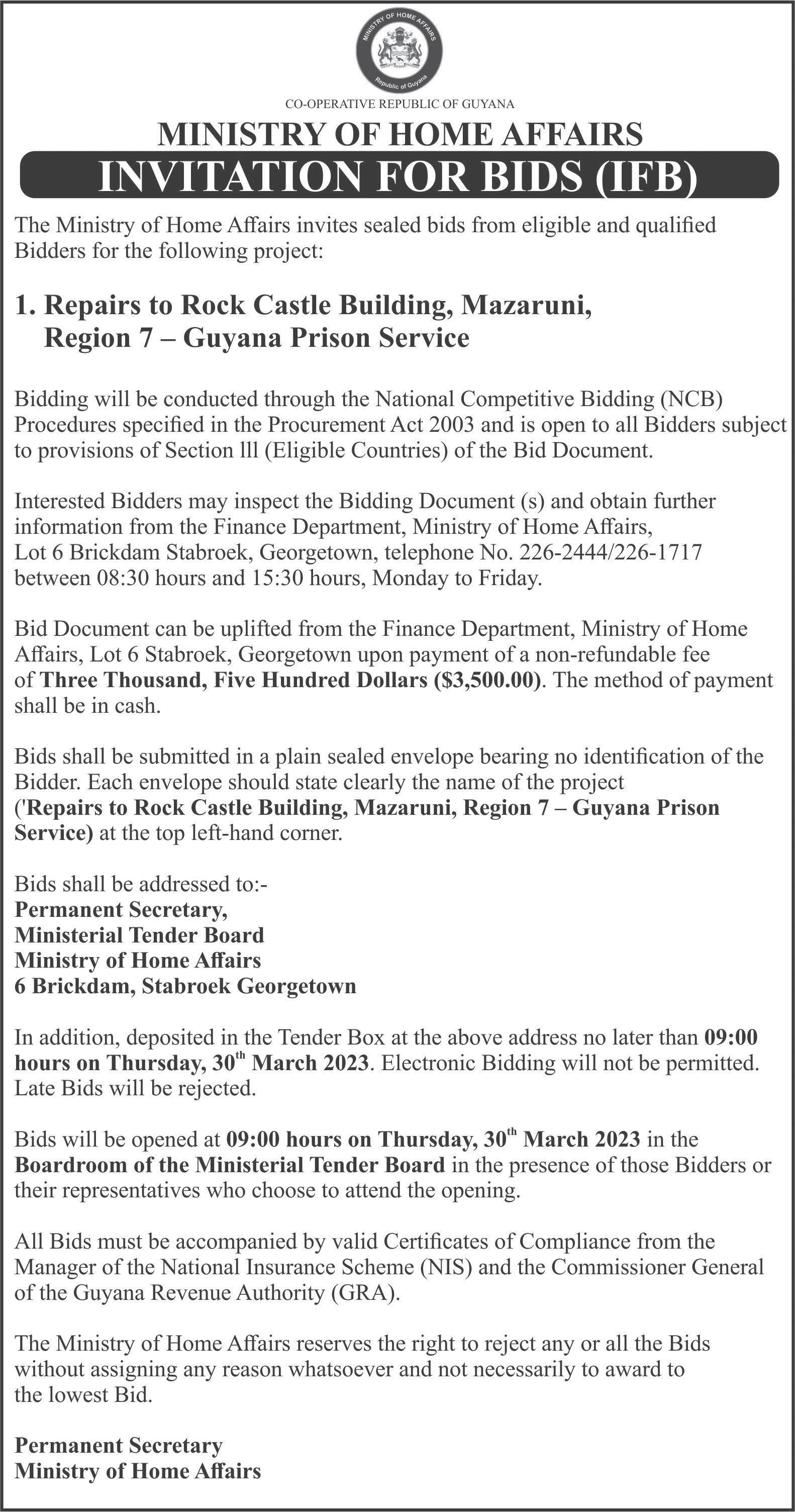
He stated that his daughter is married with children and his sons reside in a different section of Loo Creek and are in the trucking business.
“All my children are
nesses and they don’t want me to work but I must do something to occupy my time. Living alone isn’t for the faint at heart,” he explained.
Narine told the Pepperpot Magazine that he had to sell the house and farmlands at Clemwood, Demerara River and has a new life in Loo Creek, closer to his children and grandchildren.


He has in his cultivation lime, lemon, tangerine, bitter cassava, bora, ochro, calaloo and ground provision, which he would sell to wholesale buyers from Linden.

“I had a harvest of limes last week, which I sold, so within the next two weeks, I will reap some bora for sale, as well,” he said.

Narine’s crops were al-
grown and they are doing okay so far, being self-employed with their small busi-
most dried when the team visited due to the blistering heat of sunshine for many days without a drop of rainfall.
Loo Creek doesn’t have electricity, potable water supply, and no internet and landline services and because of the lack of water he often
IX CHRONICLE PEPPERPOT ― Sunday, March 19, 2023
Deonarine Narine picking limes
Bountiful limes on Deonarine Narine’s farm at Loo Creek (Delano Williams photos)
SEE PAGE XIV
Sections of Deonarine Narine’s farm
Community-based projects are much needed in Loo Creek

 By Michel Outridge
By Michel Outridge
DEONARINE
Chairman
Narine
is the
of the Loo Creek
Community
Development Council (CDC) and related that fostering community-based projects is slow.

He told the Pepperpot Magazine that life in Loo
dren and a school bus is needed for school transportation because the distance they have to go commute is a tall task and they are often left stranded for many hours in harsh conditions.
Narine has a wooden cottage-style house which was broken into in 2021, and his
the locals face, they remain united and co-operative and assist each other in many ways to ease the burdens of daily hustle.
Loo Creek Village is a place with people of all races and they live in peace and harmony without any tensions and burning issues that

Narine reported that there are no strangers in the village

centre, playground and other basic facilities for the locals.
The farmer stated that his wife passed away 12 years ago, and he misses the fresh cow’s milk of riverine ranch life where his father has many cows, and they have been farming and rearing cows all his life.

Narine said they plant and sold ground provisions,
via boat to Linden with their produce as often as needed to make a living.
“Being a farmer and living in a riverine community is nothing flamboyant instead it is a life of hard work but it is a sure dollar and farming is their way of life for generations.”

Narine told the Pepperpot Magazine that Loo Creek is
about the village is the serenity it brings and there is enough space to farm and live a quiet life away from a populated village.
Loo Creek is between Karuni and Dora villages and it is a quaint place which is very large in size with residents scattered on its vast land mass surrounded by the forest and

Scenes of different sections of Loo Creek Village, Soesdyke/Linden Highway (Delano Williams photos)
because new people don’t move in there and apart from the Seventh Day Adventist -
All the CDC members are from the village and they would like inclusivity on community-based projects for skills training, resource
cows, and cow’s milk for a living and they would travel
slowly becoming his home and the most appealing thing
lots of wild animals including, many species of birds.
X CHRONICLE PEPPERPOT Sunday, March 19, 2023
Loo
signage
Creek
A sandy trail in the village which leads to the home of Deonarine Narine



XI CHRONICLE PEPPERPOT ― Sunday, March 19, 2023
Accelerating Change
“Thousands have lived without love, not one without water.” — W. H. Auden
All plants and animals need water to survive. Water is used for various life-sustaining functions, from removing waste from the body to transporting nutrients. Humans rely on water for many things beyond biological functions – transportation of goods, manufacturing, agriculture, recreation, and much more.
Be the change you want to see in the world

World Water Day is celebrated annually on March 22 to raise awareness of freshwater issues and to encourage action to protect the world’s water resources. This year, the focus of Water Day is on accelerating change to solve the water and sanitation crisis given that globally, we are far behind in achieving the Sustainable Development Goals specifically related to water – Clean Water and Sanitation. The global campaign, called “Be the change”, encourages people to take action in their own lives to change the way they use, consume and manage water.

Managing water resources in Guyana
Guyana is one of four
countries that host the Guiana Shield, one of the most pristine rainforest landscapes in the world. The Guiana Shield stores around 18% of the world’s tropical forest carbon and 20 percent of the world’s fresh water. Further, Guyana’s ocean area – more than half of Guyana’s terrestrial area – offers a new frontier for sustainable development through the expansion of the Ocean/Blue Economy (LCDS 2030). The Government of Guyana has recognised the importance of water management in the updated version of the Low Carbon Development Strategy, as a new incentive for a low-carbon economy. The LCDS aims to upgrade
Guyana’s water and other sectors, including transportation and energy on a low-carbon, non-polluting trajectory.
Several state agencies are responsible for water resources management in the land of many waters. The EPA has an overarching role in the management of freshwater resources under the Environmental Protection Act Cap 20:05 and Water Quality Regulations 2000. These include:
* preventing or controlling pollution,
* establishing, monitoring, and enforcing environmental regulations


* promoting and encour-
SEE PAGE XIII
XII CHRONICLE PEPPERPOT Sunday, March 19, 2023
Accelerating Change...
FROM PAGE XII
aging a better understanding and appreciation of the natural environment, and
* ensuring that development activities that may have a negative impact on the environment are assessed.


What can you do to be the change?
Bathrooms:
* Do not let the water run while shaving or brushing your teeth.
* Turn off the water flow while soaping or shampooing.
* Never pour water down the drain when there may be another use for it -such as watering a plant or garden.
Kitchen and Laundry:
* Keep drinking water in the refrigerator instead of letting the faucet run until the water is cool.

* Wash fruits and vegetables in a basin. Use a vegetable brush.
* Do not use water to defrost frozen foods. Thaw in the refrigerator overnight.
* Use a dishpan for washing and rinsing dishes.
* Scrape, rather than rinse, dishes before loading them into the dishwasher.
* Add food waste to your compost pile instead of throwing it out
* Use the appropriate water level or load size selection on the washing machine.
Outside:
* Sweep driveways, sidewalks, and steps rather than hosing off.
* When using a hose, control the flow with an automatic shut-off nozzle.
* Avoid purchasing recreational water toys that require a constant stream of water.
Equipment:
* Repair all leaks. A leaky toilet can waste 200 gallons per day. To detect leaks in the toilet, add food coloring to the tank water. If coloured water appears in the bowl, the toilet is leaking.
* Install ultra-low flow toilets, or place a plastic container filled with water or gravel in the tank of your conventional toilet. Be sure it does not interfere with the operation of the toilet’s flush mechanism.
* Install low-flow aerators and showerheads.
* Consider purchasing a high-efficiency washing machine that can save over 50% in water and energy use.
Sources
You can share your ideas and questions by sending letters to: “Our Earth, Our Environment”, C/O Communications, Environmental Protection Agency, Ganges Street, Sophia, GEORGETOWN, or email us at: eit.epaguyana@ gmail.com. Follow us on Facebook and Instagram and subscribe to our YouTube channel.
XIII CHRONICLE PEPPERPOT ― Sunday, March 19, 2023
FROM PAGE IX
Making an honest living in...
suffers a loss of crops which would dry up very quickly.
The farmer disclosed that for the first time last week he picked 200 lemons.

However, the demand is 30,000 per month and he cannot meet that requirement because he is a small-scale farmer who lacks the basic resources.
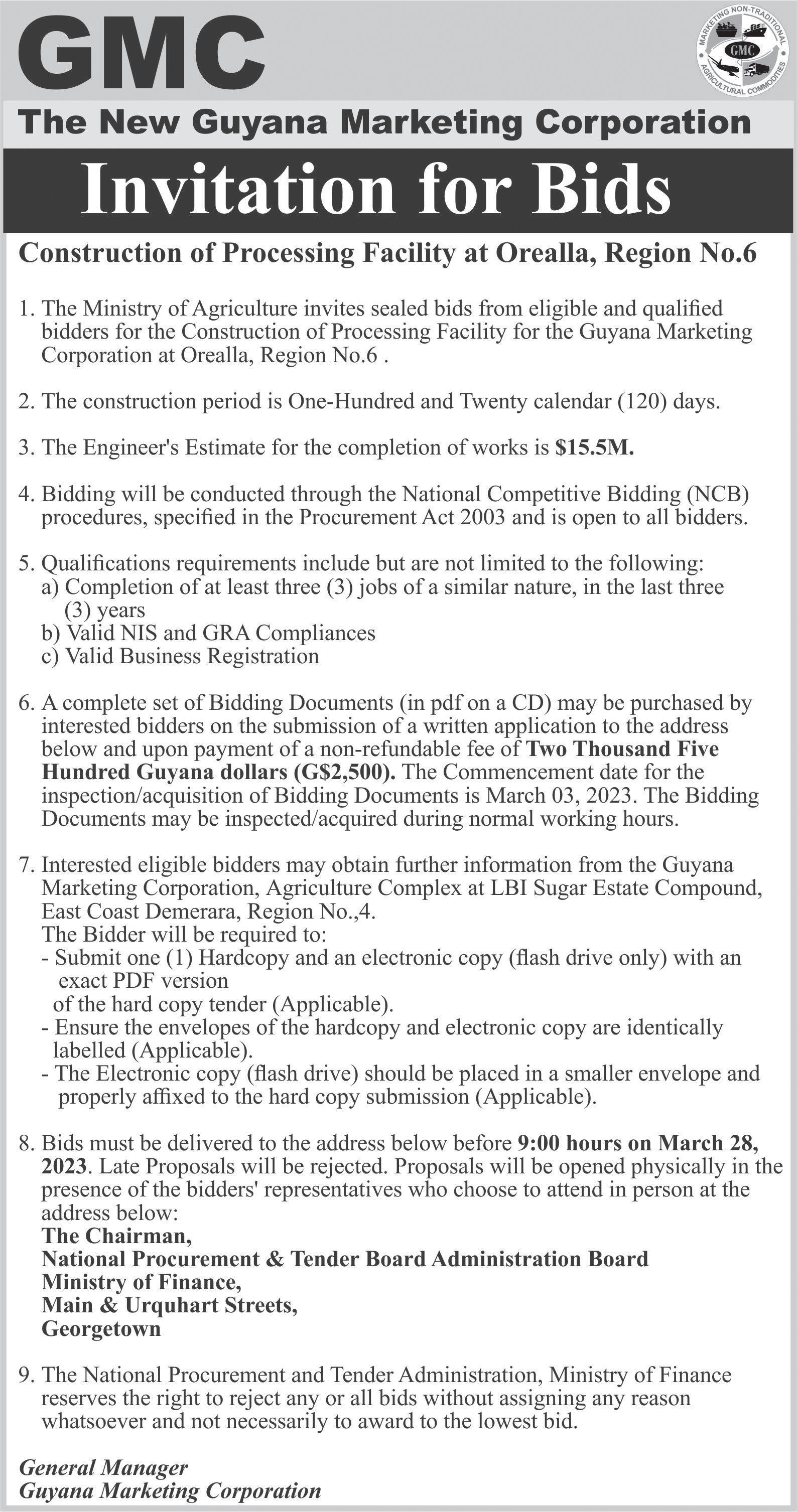

Narine stated that they had a village meeting with government representatives and they had promised to drill three wells for the locals to source water but to date nothing has materialised.
He disclosed that their only source of power is from a small solar which barely lights up a few bulbs and there is no storage for meats and produce.
Narine reported that he would have to make daily purchases of chicken and other meat products to prepare meals.
The farmer added that transportation in general is quite difficult and costly for the people of Loo Creek and schoolchildren face a lot of hardships in this regard.
“We face a lot of challenges because we have no facilities and would have to seek same in other villages which are miles away,” Narine said.
He related schools, health centre, police outpost and shops are all outside the village.
Narine stated that they make the most of what they have but their lives need to be enhanced significantly.
He is the Chairman of the Community Development Council (CDC) and reported that there are about 50 houses in Loo Creek with about 150 residents, most of whom eke out a living doing many things that are skills related and without permanent jobs.
Delano Williams photos saved in a folder in Graphics as Loo Creek in
XIV CHRONICLE PEPPERPOT Sunday, March 19, 2023




XV CHRONICLE PEPPERPOT ― Sunday, March 19, 2023
Patience, education, ...
to a place where I can enjoy life a little more,” she shared.
Declan needs to do surgery before he is 10 years old, or there’s a strong possibility that he will lose his life. The family is currently waiting on the Georgetown Public Hospital Corporation which is expected to facilitate the surgery. Even if the surgery is done, though,


Nadia must still live with the reality of Declan’s life expectancy.
“I’ve learned to accept the fact that a child with Down syndrome life expectancy is probably 30, 40 or less. Even though some days you cry, you still have to try your best and see what you can do to help your child. I pray and ask for a miracle,” she expressed.
So far, she’s found that
speaking with other parents helps her to cope with the stress of it all. As for dealing with the stigma attached to children with Down syndrome, Nadia said she doesn’t allow this to bother her anymore. “People tend to look at the child differently. Sometimes you’re in certain places and you’re wondering if you should be there. Now I don’t let that bother me because my child has to
live like any other child with special needs.”
Unique Personalities
Reeza Reasha Morgan is an Occupational Therapist at the Ptolemy Reid Rehabilitation Centre. She gets to work with individuals with Down syndrome to improve their participation and independence in everyday activities.
In light of World Down Syndrome Day 2023, she shared some pointers that can help the general public when dealing with persons with Down syndrome. “They should be shown the same respect as everyone else,” she commented, adding, “Refer to them as a person with Down syndrome or a person with Down syndrome. Do not use ‘suffer from’, ‘a victim of’ or ‘afflicted by’ Down
syndrome to address them.”
She continued: “Use plain language and always speak directly to a person with Down syndrome and be sure to give them time to respond. They are very unique with their personalities, strengths and support needs.”
Meanwhile, Reeza explained that Down syndrome, also referred to as Trisomy 21, is a genetic disorder caused when abnormal cell division results in an extra full or partial copy of Chromosome 21. Chromosomes are small packages of genes in the body that determine how a baby’s body forms and functions as it grows during pregnancy and after birth.
Children with Down syndrome have mild cognitive impairments (short attention span, problems thinking and learning), delayed speech,
delayed language and delayed short-term memory. This year’s theme is, “With Us For Us” and the main focus is on a human rights-based approach to disability -- the right to be treated fairly and have the same opportunities as everyone else and the freedom for people to make their own choices.
Photos: Down 1: Down 2: Down 3: Down 4: Four-year-old Declan Munro Down 5: Two-year-old Caleb Quail
XVI CHRONICLE PEPPERPOT Sunday, March 19, 2023
II
FROM PAGE




XVII CHRONICLE PEPPERPOT ― Sunday, March 19, 2023
This 21-Century world perception on genocide is serious enough
BEING driven by the human culture and the self-presumed God-Self authority has always been dangerous. We cannot ignore the accusations and the billionaire names mentioned, who, like the 1940s meeting on the “Final Solution of the Jewish Question” which then had concluded the extermination of millions of the Jewish faith and others termed undesirables in Europe, recently sat and seriously plotted a concept towards the exterminations of three billion souls worldwide, today in the 2020s.

That it was done before generated attention, and real fears emerged with the advent of COVID-19, that in serious conceptualisation has become a common conversation, even following the COVID pandemic with a new panel of advocates. Whether it is a conspiracy theory or an actual ‘Event of Intent’, our knowledge of recent history and the genocides of the Bible and religions throughout recorded times was enough to send waves through our active and dormant historical memory, even more, sinister than this was televised (social media).

The question is whether the world we live in will adjust to population control, not because of these sinister minds and their evil Anti-Man eagerness to play Apocalypse, but because of the reality of life, and living in our age will command it as sensible, but definitely in a different way. In the wealthy nations, there is an account of the lowering of population growth. Likewise, as the less affluent become better positioned, they will realise that the costs of educating five children, one would need ‘three lifetimes’ to fulfill that task, and still leave an economic balance for seniors to have that boast of “Life after children.”
I come from a family of ten children, and only three have excelled in the parenting of the mystical number of “seven” offspring. The rest have stayed in that realistic zone of ‘everybody gaffuh eats’ because an awareness of the obvious has taken root, that childhood hardships are frequently discussed, shaping new protective value systems.
I was fortunate when the family broke up. I was adopted care-wise by my Godparents, though I always had access to my father. There are things that I learned in those formative years that became a cultural priority that I’ve passed on to my children. Most of my other siblings were abroad and, unfortunately, did not have

XVIII CHRONICLE PEPPERPOT Sunday, March 19, 2023
SEE PAGE XIX
This 21-Century world perception on genocide ...
FROM PAGE XVIII

similar experiences. I became aware of this not too long ago, and our story is not exclusive.
In Guyana, we have lost a tremendous amount of oldschool employment, which catered to semi-literate, but smart workers. For instance, the weed-man with his cutlass and food saucepan that would appear to keep the yard clean every few months. The brush-cutter has reduced him to a relic of history. What’s even more important to recognise is that the Brush-Cutter is like all modern tools. it has instructions that one must be able to read to be able to follow. We live in a world of instruction booklets and manuals. Much more important are the trade books and due diligence needed in the case of importing and understanding competition, protecting one’s self from litigation, and the astuteness required in deals and contracts, for anything from a catchy slogan-theme to understanding the pitch towards you that a bit of research can cause you to embrace or reject.


This means you need to read and research, and then cross-check. The bottom line is you’re spending more time working and investing in a hardly mentioned but important resource, ‘Research and Development,’ to understand who’re the normal-looking bad guys, against the opportunities you’re aspiring towards. The notion of family worldwide has always nurtured an awareness towards preparing for life, observing and upgrading their present arsenal towards realistic needs. Therefore, they will redefine the numbers game with the options for its nuclear family, making changes to suit the forecasts of parental management. Recognising that the legions of subcultural normalcy in standards and habits that can alter the entire consciousness of a victim and the family are not in isolation, in a world where technology is cool in one atmosphere and malevolent in the following shift of the clouds, plans will be made to secure the biological unit.
Already, we have gated communities. Security Services seem to outnumber all other businesses. Because of these realities, Religion, Culture, and their combined philosophy will have to make adjustments in our situation. With conflicting Matriarchal and Patriarchal values, secular administrations will have to source and apply arguments in our interests never before entertained without making the crude errors of 19th century ‘social engineering’. We are not at risk, but are we recognising what inspired the opening mass head of this article? We need to pay attention now; with the launch of feared Artificial Intelligence, how will its further development impact our Lives and livelihoods?
XIX CHRONICLE PEPPERPOT ― Sunday, March 19, 2023
From Long Creek to …
FROM PAGE VIII
lent and he cannot turn away anyone in need and often, he would give his produce to the people in his community.
Budhan is originally from Coverden, East Bank Demerara. He relocated to Laluni, also on the Soesdyke-Linden Highway and later settled in Long Creek where he had a 150-acre model farm, one of the cleanest and well-cultivated.


At Budhan’s farm, it is indeed a paradise. The well-maintained grounds are appealing to the eyes and the place is huge.
He also has his house on his farm and resides with his wife and two sons, one of whom has his own farmhouse and assists him in selling the produce at the market.
“Next year, time like this, I would like to have 60 more acres of cultivation with 50 acres alone for coconuts alone and 10 acres of papaya, so I am working towards that,” Budhan said.
He explained that his papaya is a rare variety from Israel and one of the sweetest with little to no seeds. He admitted that when it first went to the market, people were hesitant to buy it.
Today, it would sell like hot cakes and Budhan is of the view that he needs 40 acres more of the fruit since the demand is great.
Budhan related that for him to have a high production level and to keep his farm viable, he needs a loan to boost his drainage and irrigation network, pump lines and an excavator for the swamp canals.


The farmer noted that he converted to Islam 15 years ago and since then everything has been in his favour.
Budhan is an organic farmer who uses chicken mould for his crops and at 70 years old, he eats whatever is grown on his farm, a diet of ground provisions and fruits.
XX CHRONICLE PEPPERPOT Sunday, March 19, 2023
Freshly picked
papaya
Lakhan Budhan, his wife Shazeela Hussain and his son, Saied, at their farm



XXI CHRONICLE PEPPERPOT ― Sunday, March 19, 2023
25 years ‘ in ...
photographer for the Guyana Chronicle by the Chief Photographer at the time, Winston Oudkerk, he took a leap of faith to embrace the opportunity and joined the Guyana National Newspapers Limited (GNNL).

“I started as a news photographer the same year, but this genre of photography was new to me,” shared Williams before revealing: “With guidance from senior news photographers, I quickly learnt the style of photography.”
For Williams, news photography is essential in providing images to complement written news articles. It is integral in helping people understand the context of articles and feel different emotions. He also pointed out that the primary purpose of news photographs in journalism is to reflect reality accurately in a moment of time and to always tell a truthful story in each frame.
“There is no messing up in news photography, the work has to be precise and sure, or the moment is lost,” Williams said, while further highlighting that there is a rule in news photography that photographs should never be manipulated to distort visual authenticity of the original message.
In his view, to take a compelling news photograph or any photograph on a professional camera also means getting the right equipment and understanding three basic camera settings – ISO, Shutter Speed and Aperture. “ISO controls how bright or how dark is an image, […] Shutter Speed is the part that controls how long the shutter is open and exposed to light to freeze or capture movement, while Aperture or F-stop is responsible for the amount of light let into the camera and it controls the depth of field or the distance behind the subject to the background,” he explained. According to Williams, these functions work in conjunction with each other and once mastered, they can assist a photographer in producing great results.
Over the years, Williams has had a long list of remarkable and unforgettable shooting experiences on news assignments. From photographing high-profile government and political events to breathtaking aerial sceneries and capturing protests and riots to chronicling the daily lives of Guyanese, working in the media has allowed Williams to create an impactful legacy in the genre, since his work has been featured in a variety of local, regional and international publications.
Believing that photographic abilities must be consistently refined through training and practice, Williams went on to attend several photography programmes at the Kuru Kuru Co-operative College, Durban Backlands (Georgetown). He also completed photography training workshops in Trinidad and Tobago that allowed him to learn more about different photography.
Continuing his photographic journey, Williams decided to leave in 2007 to open his personal photo studio called ‘Xclusive’. However, he closed the studio in 2015 and he returned to GNNL to continue working as a news photographer.

By this time, the digital era had begun transforming photography in the media. Williams found himself having to adapt, starting with purchasing a Nikon Full-frame Digital Single-Lens Reflex (DSLR) camera. Gone were the days he had to wait to see his images until the rolls of film were developed and printed in a darkroom at GNNL. With a DSLR camera, he reviewed his work in real-time on the camera’s monitor and made any adjustments quickly. Additionally, he disclosed that the Internet, social media platforms and the deluge of digital technologies has made the process of capturing, editing and sharing photographs efficient.

“Working in the media taught me a lot and I am happy and grateful,” he noted.
Furthermore, Williams has copped numerous awards and achievements in recognition of his work. He received a
XXII CHRONICLE PEPPERPOT Sunday, March 19, 2023
Life in the media behind the camera
Prince Harry, Duke of Sussex, at the majestic Kaieteur Falls during his visit to Guyana in 2016, photographed by Delano Williams
Portrait photograph captured by Delano Williams
SEE PAGE XXVIII
FROM PAGE III
MEMORIES TO CHERISH, MOMENTS TO LIVE

A Happy New Year to all my readers
As you continue to journey with me into the worlds of romance, adventure, mystery, and myths for incredible, exciting stories
DYLAN slowly turned the pages of his sketchbook and smiled at the childish drawings.
The pages were a priceless collection of a child’s sentiments.

He closed the book and walked over to the window; he looked across the green lawn and walkway to the gate. It was raining just the way it did on the day of the funeral service. The pain he had felt that day had stayed with him over the years.
Now a young man, he could think with better understanding, more than the little boy who had sketched the loss and the yearning in his heart on each page. It had been hard for him to let go because he had been too young to understand why his mom and dad were not coming back home. How many days had he not looked through the window from his room in the beautiful, white Colonial-style house to see the two people most dear to him walk up the pathway? Duke, their golden
retriever, would be the first to welcome them but now he sat sad and forlorn.
It had been the Christmas holiday weekend and they were coming home from a resort off the highway when tragedy struck. Dylan had been riding with his cousins in the car behind when a Toyota Cruiser coming at a dangerous speed slammed into his father’s car. It was a dark day, too hard to forget, even for a seven-year-old child.
Many days after, he had stood at the gate with Duke watching the shifting clouds, wondering how far heaven was and if they could see him and Duke. The years slowly passed by. His was a young life to live, to bloom; a world of opportunities to explore. But nothing truly pleased his heart and he cared not for what the world had to offer even though there was enough love and care from the families of both parents. He could have followed great ambitions to be a scientist to help save the world or a doctor to save lives, but he chose instead to flirt with danger and became a motorbike racer.
He wanted to be brave and daring, and even though he became a champion, it drove deep fear into the hearts of his grandparents. The skills and the

XXIII CHRONICLE PEPPERPOT ― Sunday, March 19, 2023
SEE PAGE XXX
Equity concerns remain
FOR the first time, Guyana was able to secure just over 5,000 doses of the paxlovid COVID-19 pills just recently. With this, it is expected that COVID-19 patients stand a better chance of recovering faster and avoiding the effects of long COVID. And it means that after three years of
the COVID-19 pandemic in Guyana, these specialised treatment pills have been added to the country’s arsenal.
Still, I found it disheartening, ironic, and frustrating that Guyana was finally able to secure these pills after months of lobbying and when, arguably, the worst phases of the
pandemic were over.
Guyana’s Health Minister Dr. Frank Anthony, publicly said COVID-19 infections and deaths are at the lowest they’ve been throughout the pandemic. Weekly, only a handful of new infections are recorded and there are no individuals seeking critical care in the COVID-19 Intensive Care Unit (ICU).
Essentially, one can reason that the local demand for these pills is quite low compared to last year, for example, when hundreds of infections were recorded daily and numerous deaths.
At the recent handing over ceremony, UNICEF Guyana Deputy Representative Irfan Akhtar acknowledged the challenges low and middle income countries experienced while trying to get these potentially lifesaving pills. But for him and Guyana’s Health Minister, securing the vaccines was a win nevertheless since it means people infected will be able to use the pill regimen.
Concerns were not lost on me, however.
In the first instance, the time it took for Guyana to secure these pills is telling. Just as vaccine equity, or the lack thereof, during the initial phases of the pandemic caused much concern, it is clear from the distribution of the pills that not much has changed.
And with unequal distribution systems like this, it is no surprise when potentially unprecedented or simply uncommon actions are taken.
One may recall that similar unequal and inequitable systems of distributing lifesaving vaccines reportedly forced Guyana to source and pay higher fees for the Russian-made Sputnik V COVID-19 vaccines. With developed countries stockpiling vaccines amid a global shortage, local authorities argued that the decision they were confronted by was a choice between using the Sputnik V or waiting on approved vaccines to become available. That, of course, came with its own unique set of challenges because that vaccine has not yet gotten approval from the World Health Organization (WHO) and though purchased and available for use, it would be understandable if people did not want to take it.
In the wake of these unequal distribution systems, recognising, perhaps, that moral suasion is not enough, Guyana and other countries are attempting to do what they must to guarantee that they are not affected like this again.
For months, there have been talks of a new vaccine-making facility similar to the one in Rwanda. And that country and India have been viewed as potential partners, capable of helping Guyana and the Caribbean establish that facility or similar facilities. Locally, there have also been talks of manufacturing more of our own medications, again, in a bid to counter some of the challenges that may arise globally.

According to Advisor to Guyana’s Minister of Health, Dr. Leslie Ramsammy, Guyana aims to become a manufacturer of medications and vaccines because the distribution challenges experienced during the COVID-19 pandemic were just part of a larger, concerning situation.
In fact, he reminded the public that when the AIDS epidemic became a health threat, there was no access to lifesaving medications. Developing countries had little to no access to lifesaving medicines and technology although the United Nations Sustainable Development Goals aim to improve and ensure the world has equitable access. Guyana never achieved that.
These experiences demonstrate that inequity and unfairness remain rampant even when people’s lives depend on them. As such, it is increasingly important for developing countries, like Guyana, to avoid remaining dependent on systems that simply do not work in their best interest.
If you would like to discuss this column or any of my previous writings, please feel free to contact me via email: vish14ragobeer@gmail.com

XXIV CHRONICLE PEPPERPOT Sunday, March 19, 2023
INVESTMENT OF OIL RESERVES IN SOCIAL AND ECONOMIC DEVELOPMENT WILL ELIMINATE POVERTY AND BE ON THE WAY TO FIRST WORLD STANDARDS IN FOUR YEARS
IN the modern world, the world of the 20th century, several programmes affect us. Humanity has been promoted both nationally and internationally. Such would include “Climate Change”, “Green Power” replacing fossil fuels, and “Poverty Reduction and Elimination”. In Guyana, until recently, most of the population fatalistically felt all societies had to have poverty and that what the most governments, NGOs, and philanthropists could do was slowly reduce or ameliorate it. The poverty line differs in different regions of the world and Western-type societies. It is set at US$5.60 per day per person.
The recent experience of China of eliminating poverty from hundreds of millions and bringing them into the middle class in a very short time has changed the view of most developing countries which now feel quite confident that poverty could be eliminated from their societies in a short time if they employ the appropriate techniques.
The discovery and exploitation of oil in Guyana have led to a euphoria that poverty will be instantaneously ended and the painstakingly old ways of addressing poverty could now be eschewed.
Before oil was discovered, Guyanese people had evolved their ways of grappling with poverty. They believed in saving, that is, the deferment of today’s gratification for tomorrow’s betterment. The emancipated slaves understood this when they saved very small pittances of money over several years and were able to buy abandoned sugar plantations and set up villages with thousands of houses, thus becoming the biggest landowners and property holders in the colony at that time. They also ensured that their children received a good primary education and branched off into farming and various trades. The immigrant groups which supplied labour on the estates after Emancipation followed a similar pattern in grappling with poverty, except they stressed more economics than education. All groups also made their food, clothes, housing, education, and medical service go a long way. For example, books were lent to each other or home nursing rather than paying doctor’s fees. By these methods, many crossed the poverty line each year. But Guyanese, like people in all developing countries, felt that it was deterministic that all societies must have poverty and only a comparatively small number would cross the poverty line each year.
The example of China revolutionised the thinking about poverty eradication in a very short time. China was able to raise hundreds of millions out of poverty into the middle classes. India has also been getting scores of millions out of poverty and its main technique was giving everyone a cell phone and a bank account which they would use appropriately to raise their living standards.
In Guyana, we feel that with the exploitation of our Oil and Gas resources, poverty could be eliminated quickly and that the older Victorian methods of addressing poverty could be forgotten. The competing techniques of eliminating poverty by use of oil revenues are two.

The first technique is by direct large cash transfers to every person in society, which is advocated mostly by academicians. By such transfers, poverty would be eliminated instantaneously. Such a technique has been vigorously criticised and dismissed. Into these criticisms, we shall not go except to point out that it could discourage the population from working and the population would have so much money that they would not know what to do with it and could end up like King Midas or the porknocker who got so much riches that he lit cigarettes with currency notes.

XXV CHRONICLE PEPPERPOT ― Sunday, March 19, 2023
SEE PAGE XXIX
Storms are good for us
EVERY day I try to write, read and listen to things that inspire me and challenge my mind. My friends Wendy Hermonstine and Weltering Mc Lead circulate meaningful content daily. Weltering recently sent me ‘Hope in the Storm’ and ‘Life’s Interruptions are opportunities to trust the Lord and see Him work’. They resonated with me in a major way and I decided to share the content because I know it will motivate someone.
Hope
in the Storm
To receive peace when your world is in chaos, call on Jesus for help.
Matthew 8:23-27
Many people in the world—maybe even you—are facing terrible storms in their life. Broken homes, joblessness, loneliness, loss, financial struggles, and world crises slash


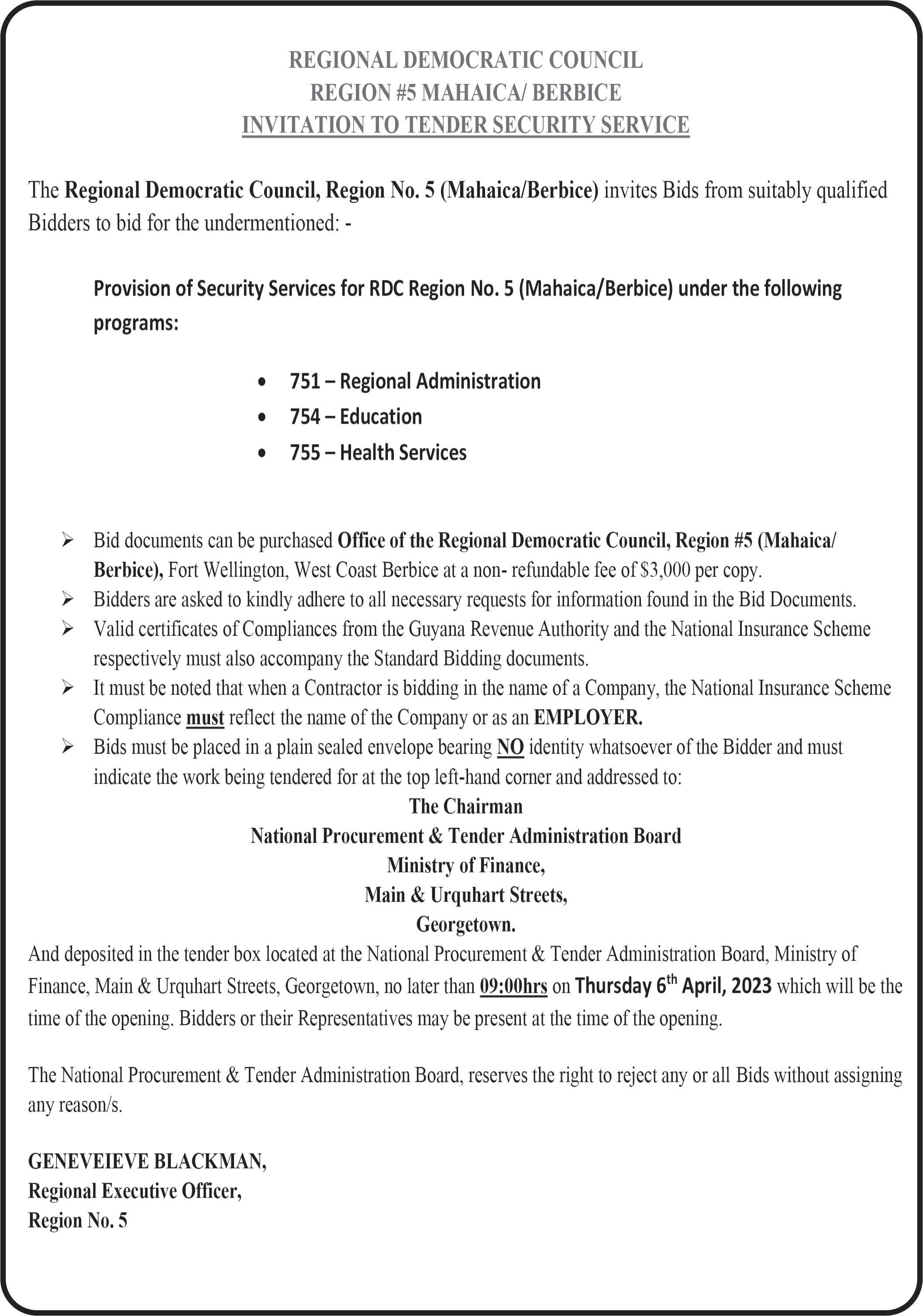
at the very fabric of hope. Some may even feel as though they’re lost, adrift at sea in a small boat during a hurricane. And many wonder, How on earth will we be able to reach the shore safely?
The disciples faced this fear as well. While they were crossing the Sea of Galilee in their boat, the weather took a frightening turn. In desperation, they woke Jesus and cried, “Save us, Lord; we are perishing!” (Matt. 8:25). He rebuked them for their lack of faith and proceeded to calm the storm, showing himself to be lord over all creation.
This story teaches us where we should turn when storms arise in our own life. Sometimes people interpret challenging events as an indication that God isn’t paying attention. That’s what the disciples thought until Christ calmed the turbulent waters. But even when the world seems out of control, remember that Jesus is in the boat with you, and he’s still lord of all.
XXVI CHRONICLE PEPPERPOT Sunday, March 19, 2023 SEE PAGE XXVII
Storms are good ...
Bible in One Year: Deuteronomy 33-34
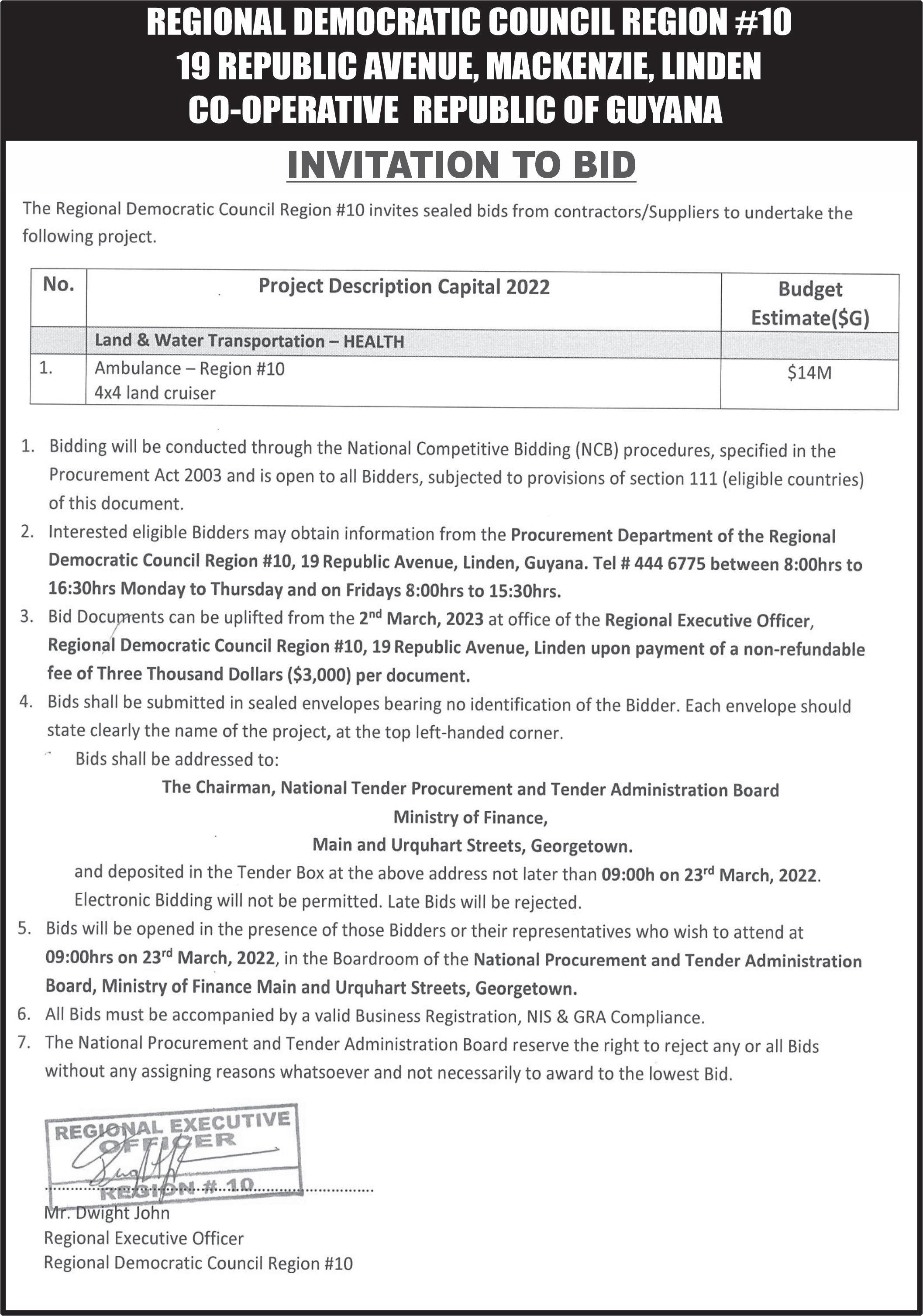
Life’s interruptions are opportunities to trust the Lord and see Him work

Numbers 22:15-35
A whistle gets our attention quickly, wouldn’t you agree? It’s used to control unruly behavior; signals the start or finish of an event, or interrupt action. Have you ever considered that God has a “whistle”? It’s not one we hear with our ears, but it’s effective in getting our attention and redirecting our life.
In today’s passage, God used a donkey as his “whistle” to redirect Balaam, but the man was oblivious until his animal spoke. Although you won’t hear a talking donkey, God still has His ways of getting your attention.
Sometimes He uses a restless spirit or some vague dissatisfaction with one’s life. At other times, it may be a scripture passage or something a person says that causes us to pause. God’s “whistles” come in many forms—illness, financial reversals, tragedies, disappointments, loss, difficulties, or failures.
Whatever situation the Lord uses, our response should be to quickly seek Him in prayer. He deserves our undivided attention, but too often, we get preoccupied with our circumstances and fail to recognize them for what they are. The next time the Lord interrupts your life in any way, let the situation prompt you to turn to Him and seek His guidance.
Bible in One Year: Judges 7-9
You will find your tribe. You will meet people who you really connect with.
Don’t be afraid to show your authentic self to the world.
It may be hard at first when people judge you and question your choices, but you must continue doing your thing.
Very soon, you will find yourself around people who share your visions and encourage you to pursue your dreams.

They will accept you just as you are and listen to what you have to say without judgment.
You will feel safe and comfortable in their company. You deserve to feel valued and appreciated.
Never forget your worth.
I have experienced many storms in my life, but they made me stronger and I also had many opportunities interrupted. We can learn a lot from the way an eagle deals with the storm. Eagle is the only bird that embraces the turbulence to push itself higher. When other birds flee from the weather, the eagle actively engages stronger winds to fly high above storms instead of seeking shelter.
God’s delay is not his denial and I had to learn to trust the process. I believe we all are dealing with some level of the storm as we continue to celebrate this life BEYOND THE RUNWAY.
XXVII CHRONICLE PEPPERPOT ― Sunday, March 19, 2023
FROM PAGE XXVI
25 years ‘ in ...
Certificate in General Portraiture in Trinidad and Tobago from PhotoSophistry of San Francisco, California; he was recognised by the Guyana Press Association (GPA) for

his wife, Bibi Wong. Aside from news photography, he takes his camera everywhere, as his childhood love for snapping pictures drives him to make lasting
attaining third place for Best News Photographer in 2019; and he won second place in the Best Feature Photography category of the PAHO/ WHO Clare Forrester Media Awards for Health Journalism in 2017, to name but a few.
More recently, Williams was selected by the United States of America (USA) Embassy in Guyana to attend a two-year online and an in-person International Visitor Leadership (IVLP) programme in the USA on ‘A Global Moment in Time: Photojournalists Document Challenges and Opportunities in the COVID Era.’ As part of this programme, he received two certificates from the United States Department of State, Bureau of Educational and Cultural Affairs.
Presently, Williams is the Assistant Chief Photographer for the Guyana Chronicle at the Guyana National Newspapers Limited.
Finding Joy in the Art of Making Memories Williams lives his life by the rubric that says, ‘photographers are the eyes to the world,’ as he balances his career and being a devoted father of four children and husband to
memories of every fleeting moment. It also brings him profound joy in his spare time to use his photography talents to creatively capture colourful portrait photographs of diverse people at weddings, graduations, birthdays, conferences or other themed events. Even though he sometimes faces challenges with purchasing equipment locally, Williams perseveres to stay true to his craft.
“I love capturing people’s poses, expressions, ways of life and different moods,” he said before stating: “I just enjoy interacting with people. Every day, I awake with the eyes Allah gave me expecting to capture something remarkable, maybe another image to inspire people.”
He encouraged budding photographers to take the time to learn photography as an art by seeking training resources, networking with photography professionals, and investing in the right equipment that will help to give results.

Williams aims to continue masterfully photographing moments to bring them to life and to tell unique stories. After all, he proudly said, “Photography is my passion.”

XXVIII CHRONICLE PEPPERPOT Sunday, March 19, 2023
FROM PAGE XXII
Delano Williams (bottom row, third from right), along with the IVLP team in the USA
Photograph taken by Delano Williams
INVESTMENT OF OIL RESERVES IN SOCIAL AND ECONOMIC ...
It would result in the syndrome of dependency and entitlement, which is unsustainable since when oil prices fall or reserves become depleted, the population would be plunged into deeper distress than had existed before the oil boom.

The other technique is to use the revenues as developmental capital for the social and economic sectors and the Government, following the examples of developed countries such as Norway and Britain, has established a Natural Resources Fund wherein the revenues are deposited. Part of the revenues is reserved for the use of posterity. Part is devoted to economic development, part to social development, and the smallest part to cash transfers to specifics.
The spending on economic development would include large investments in agriculture to upgrade present agricultural industries and introduce new ones such as upgrading livestock, fish, and new crops such as wheat, millet, corn, and soya. The stimulation of industrial development will be ushered in with cheap electricity by the Gas to Shore pipeline and agro-industrial products. The investment in the Gas to Shore project is US$ 1 billion. Together with this laying the foundations of agricultural and industrial revolutions, the ports are being developed and a network of roads and bridges is ensuring the connectivity of every part of the country. Hundreds of millions of US dollars are being invested by local and international hotel chains to construct world-class hotels and more international airlines have started coming to Guyana.
Social spending on health, education, housing, pensions, and salaries has entailed hundreds of billions of Guyana dollars. New and modern-equipped hospitals and schools are being built in various parts of the country and pensions and salaries are gradually being increased. Thousands of scholarships in the Arts and Sciences at various foreign institutions have been distributed and efforts are being made to strengthen and increase the training of scientists in various fields, including oil.

The smallest portion of the spending from the fund is allocated to cash grants, including cash and uniform grants to every school child; school feeding; textbooks; and one-off grants to pensioners and fishermen to help them repair and re-equip their boats and return to gainful employment.
It is estimated that poverty will have declined by six percent this year and would be doing so in faster progression in the coming years and in four years, the country will be approaching the first world standards in social services. Though there would not be money to indulge in aimless splurges, the citizens’ disposable incomes would keep increasing. This methodology of deploying the oil revenues would ensure Guyana avoids the Dutch Disease and secure
XXIX CHRONICLE PEPPERPOT ― Sunday, March 19, 2023
FROM PAGE XXV
MEMORIES TO CHERISH,...

FROM PAGE XXIII victories meant nothing to him because he felt fate had robbed him of the most beautiful thing in his life.
But no one can change the script of life written by fate and that he learned.
It was again, a Christmas holiday weekend, the last night, a quiet night, when he had pushed the bike, riding blindly, challenging the entities of danger and tragedy. He had felt the crash and the pain before darkness started to cloud his consciousness.
And in the next few seconds, something happened that changed his life.
He saw them standing beside him at the crash site, his mother and father, now God’s angels, and the last thought on his mind was that they were there to take him with them. But his mother held his hand as paramedics arrived and spoke to him softly, “Don’t wreck your life, son. There’s so much to live for. We have been watching over you, so the best of you can shine forth.”
“We love you so much, son,” his father said, “A wonderful future awaits you and a family legacy to carry on. Also, Duke needs you; don’t leave him to grieve.”
They had kissed him. Their cute little boy had now grown into such a strong, handsome young man, and the weak beats of his heart grew stronger. The thought of knowing they had been in his life, watching over him rebuilt his shattered mind and lifted the burden of pain from his heart. He had opened his eyes and smiled a little, knowing now there was something of great worth in his life to live for.
For every moment, there is a new beginning and a new year dawned for him with hopes and warm aspirations. The life he now understood comes with twists and turns and though there would be challenges along the way, the most beautiful thing would be the memories he cherished and the moments he lived.
Through the months of recovery from his injuries, he brought smiles and happiness to his grandparents, and no more tears and worries. Now he understood the miracles on the race tracks and roads, and the heartwarming feelings on his birthdays. He registered at university and began studies in medicine, wanting now to dedicate his life to saving lives and to stop flirting with danger.
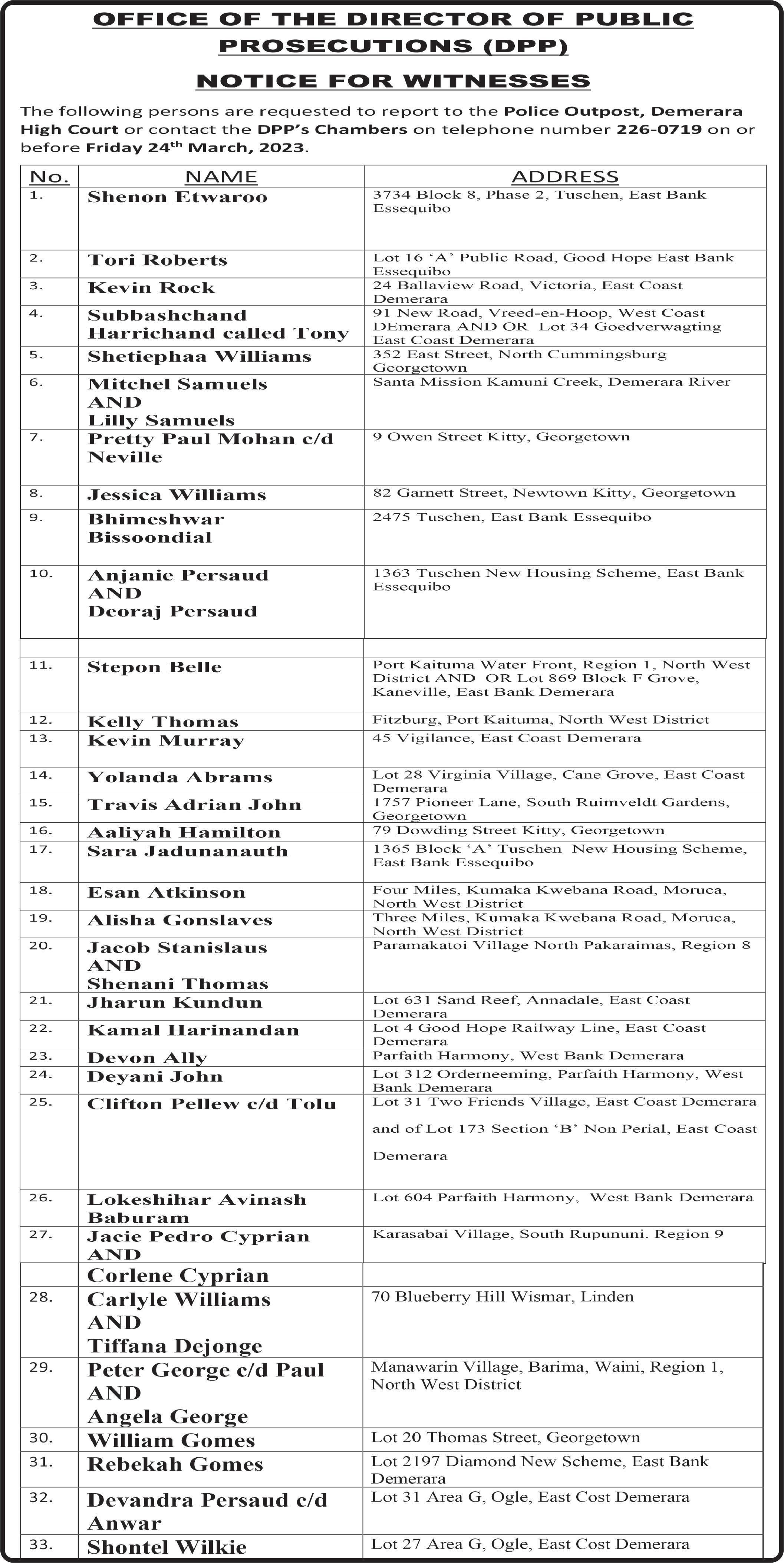
Dylan returned the sketchbook to the bookshelf and inhaled deeply with satisfaction. Today, he stood tall and proud, a graduate who embarked on a new phase in his life as a doctor. He looked up at the heavens and said, “Thank you so much. Stay with me a little longer if you can for I still need you.”
A small gust of wind ruffled his hair, Duke barked happily and Dylan smiled, a happy feeling in his heart too, knowing he had two guardian angels.
XXX CHRONICLE PEPPERPOT Sunday, March 19, 2023




XXXI CHRONICLE PEPPERPOT ― Sunday, March 19, 2023



XXXII CHRONICLE PEPPERPOT Sunday, March 19, 2023

XXXIII CHRONICLE PEPPERPOT ― Sunday, March 19, 2023




XXXIV CHRONICLE PEPPERPOT Sunday, March 19, 2023




XXXV CHRONICLE PEPPERPOT ― Sunday, March 19, 2023
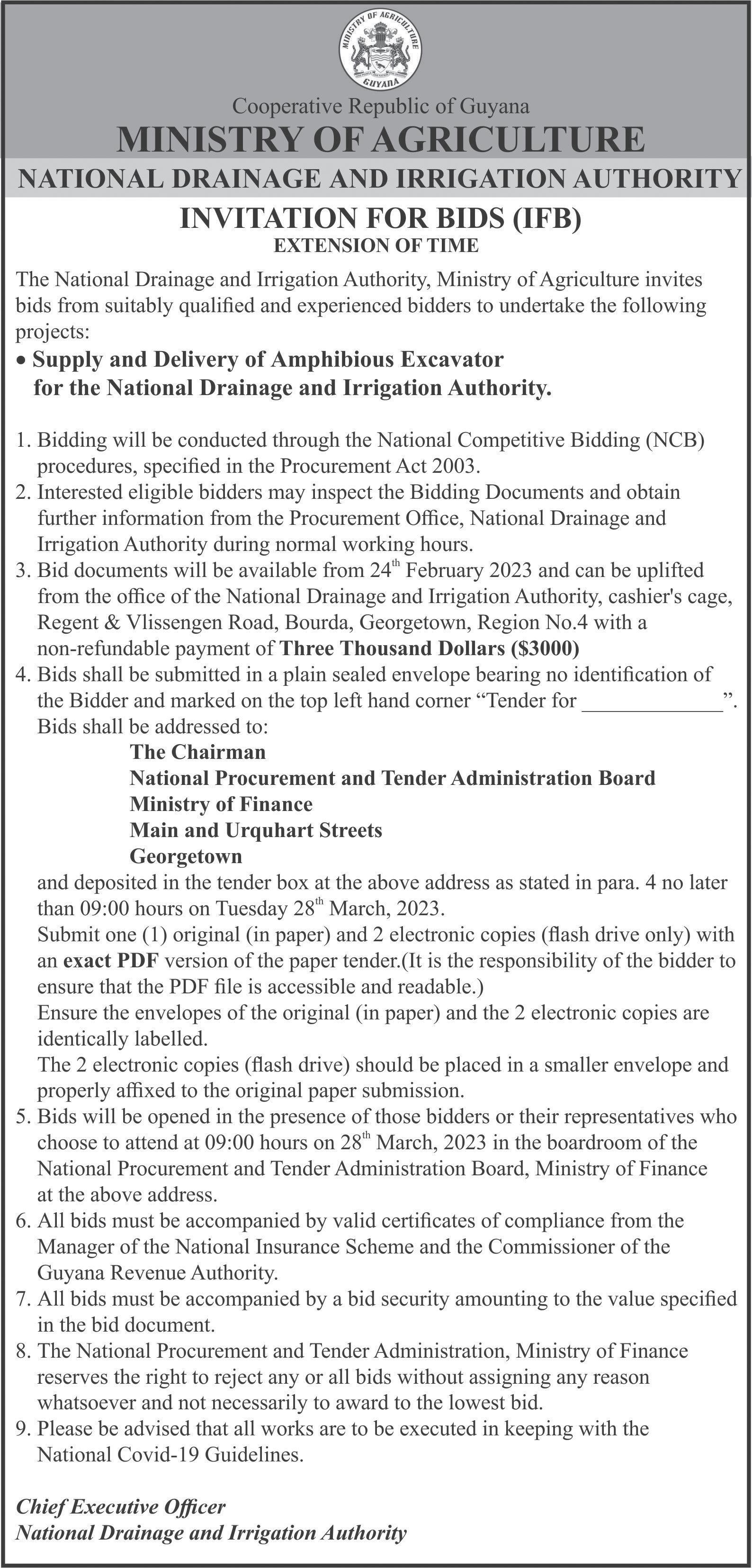


XXXVI CHRONICLE PEPPERPOT Sunday, March 19, 2023




XXXVII CHRONICLE PEPPERPOT ― Sunday, March 19, 2023




XXXVIII CHRONICLE PEPPERPOT Sunday, March 19, 2023



XXXIX CHRONICLE PEPPERPOT ― Sunday, March 19, 2023


XL CHRONICLE PEPPERPOT Sunday, March 19, 2023

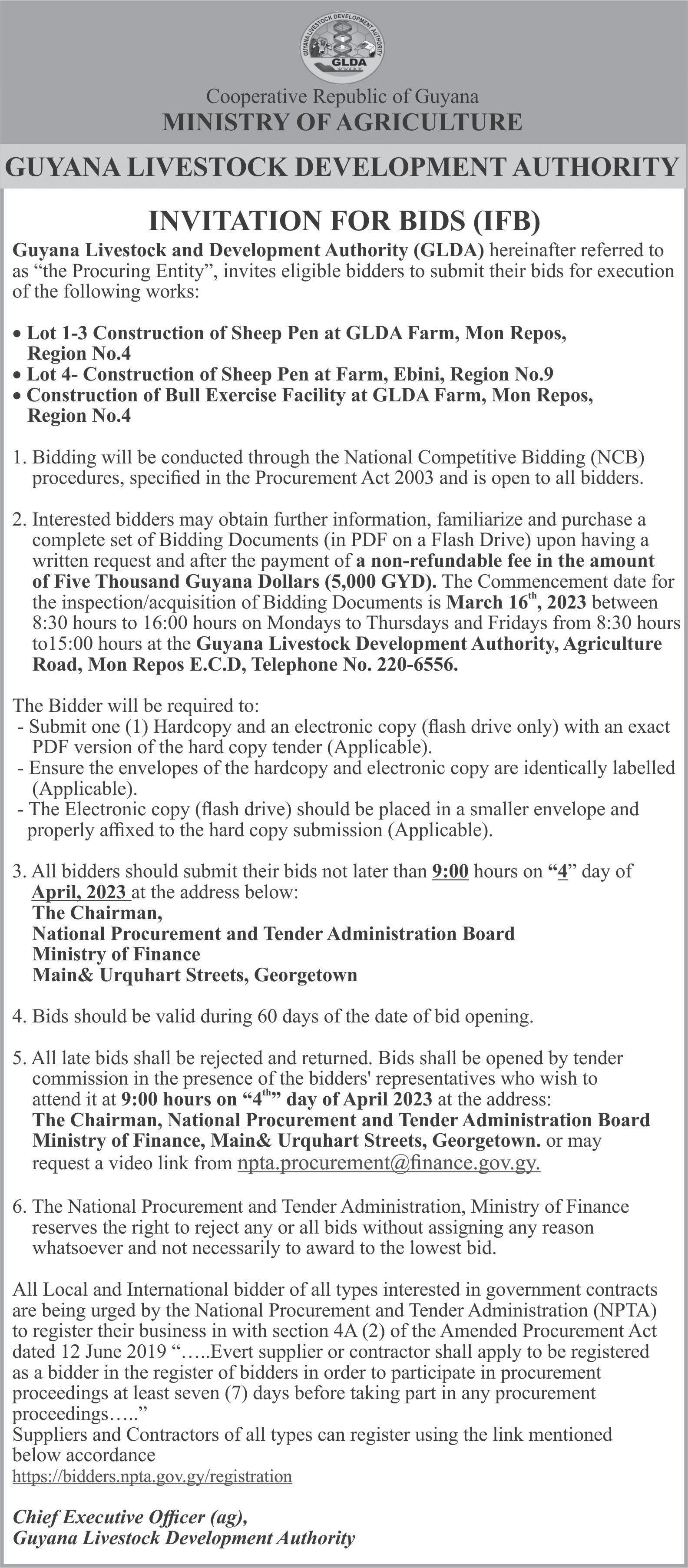
XLI CHRONICLE PEPPERPOT ― Sunday, March 19, 2023



XLII CHRONICLE PEPPERPOT Sunday, March 19, 2023


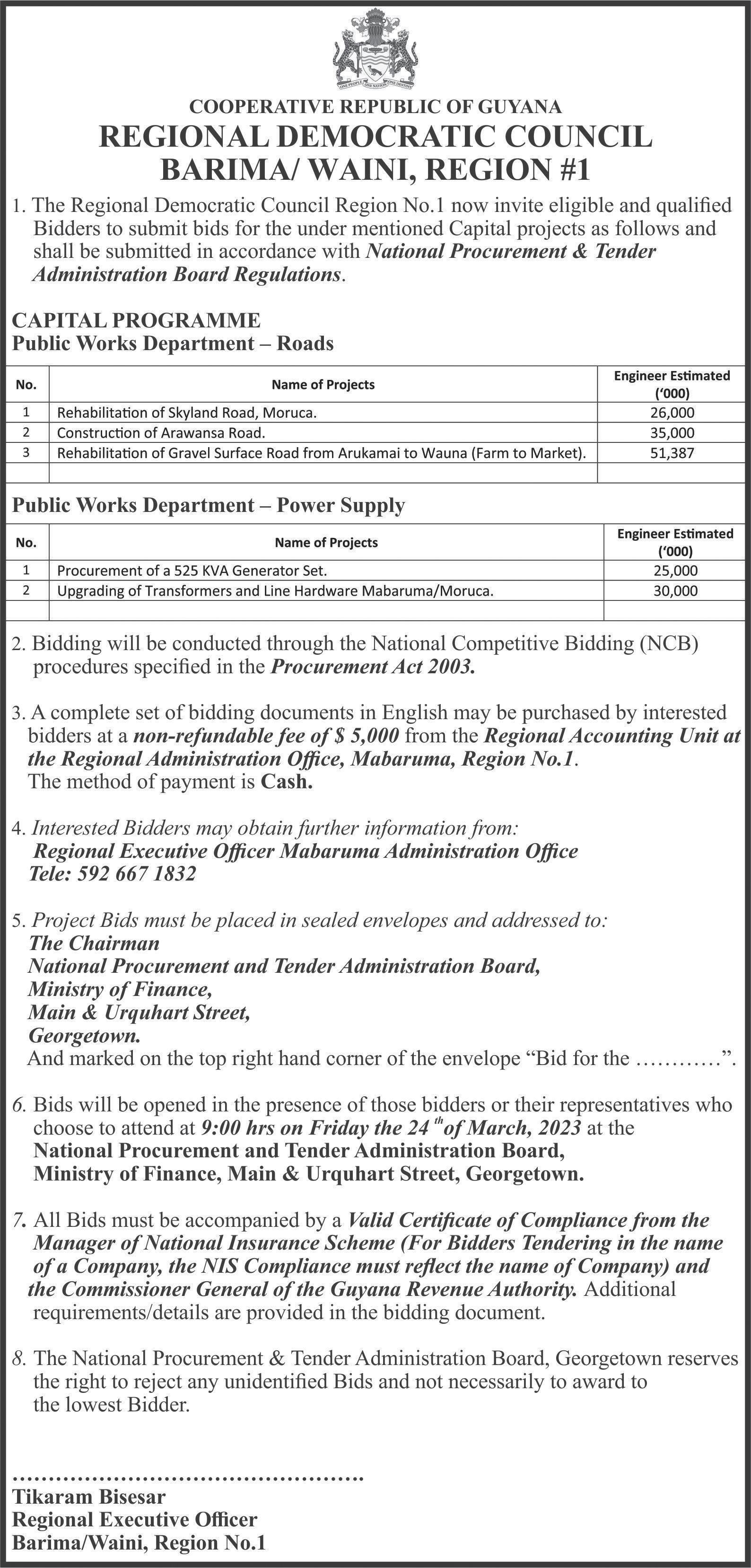
XLIII CHRONICLE PEPPERPOT ― Sunday, March 19, 2023


XLIV CHRONICLE PEPPERPOT Sunday, March 19, 2023


XLV CHRONICLE PEPPERPOT ― Sunday, March 19, 2023

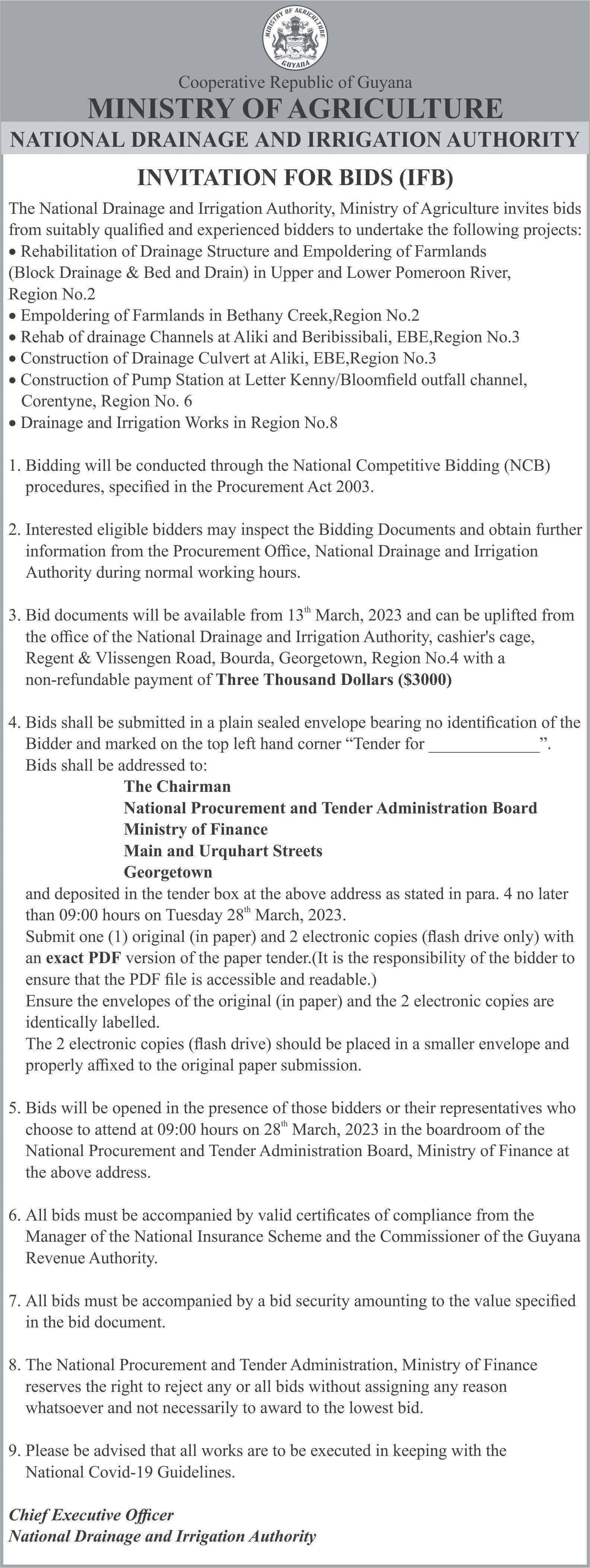
XLVI CHRONICLE PEPPERPOT Sunday, March 19, 2023

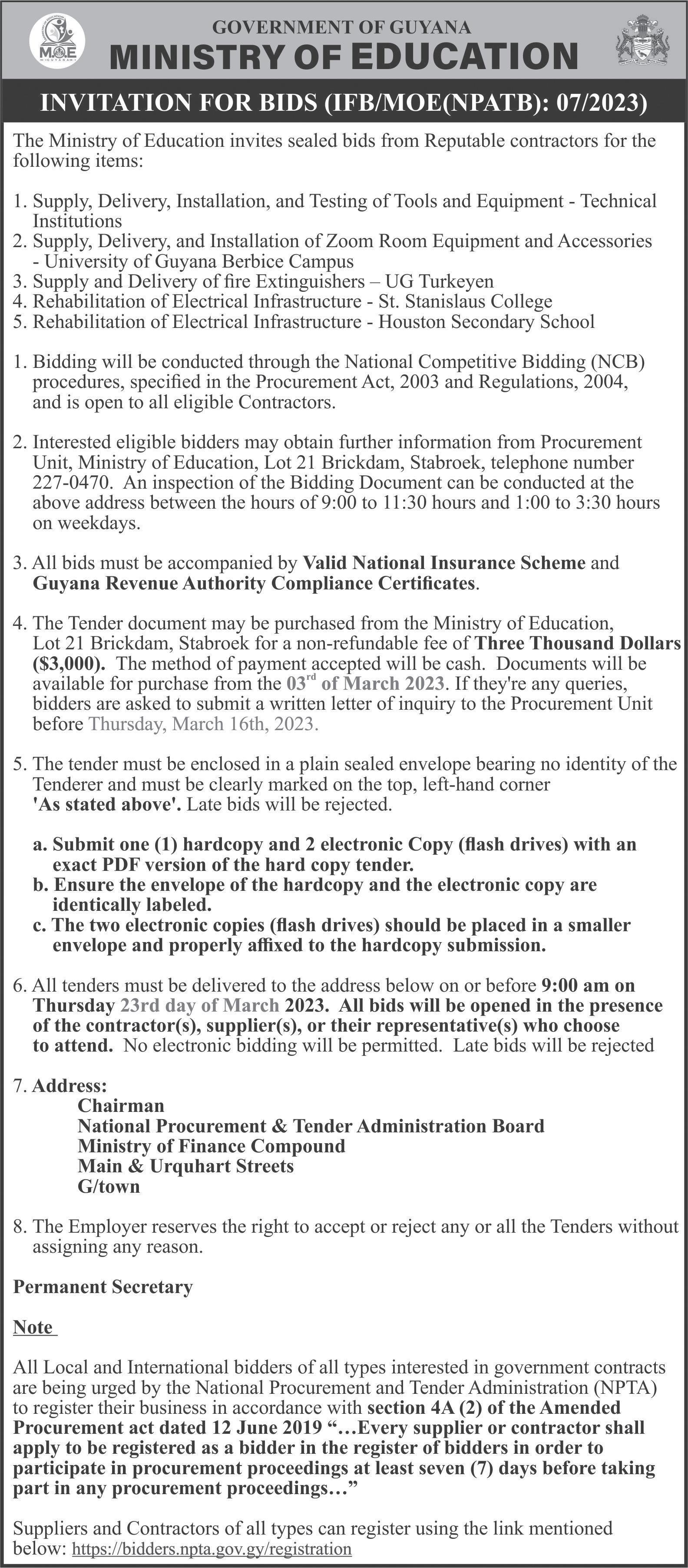
XLVII CHRONICLE PEPPERPOT ― Sunday, March 19, 2023

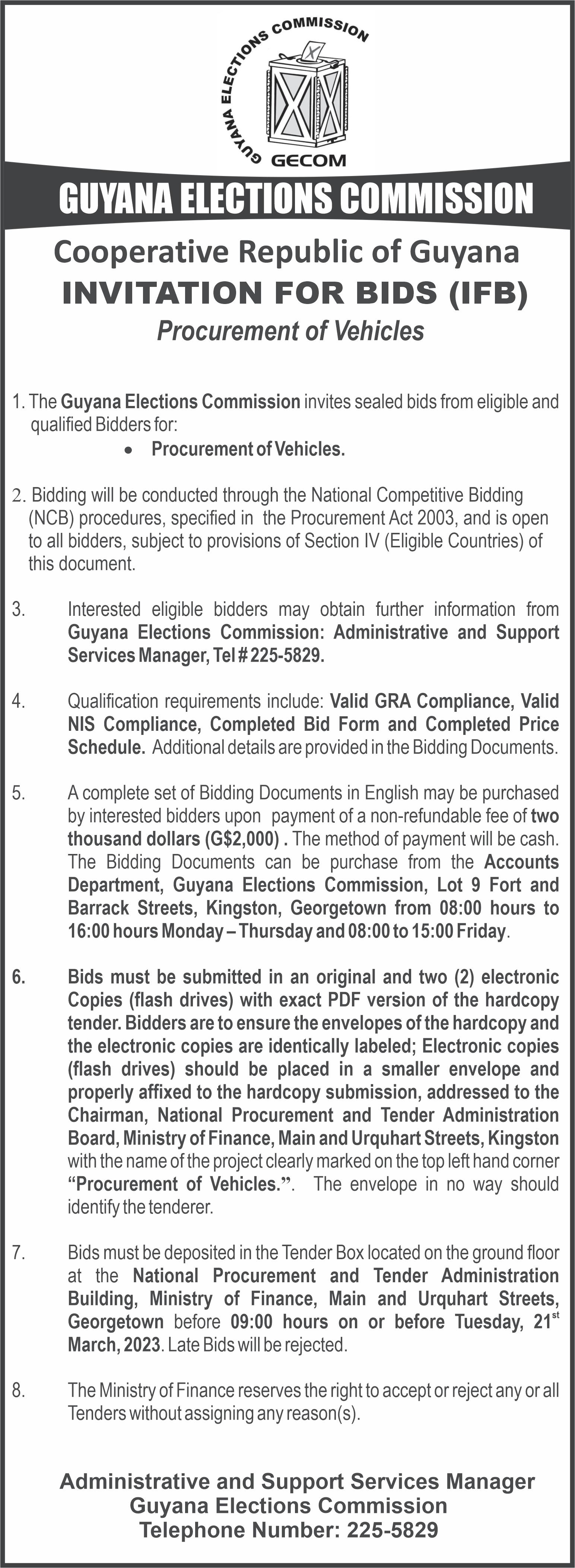
XLVIII CHRONICLE PEPPERPOT Sunday, March 19, 2023


XLIX CHRONICLE PEPPERPOT ― Sunday, March 19, 2023
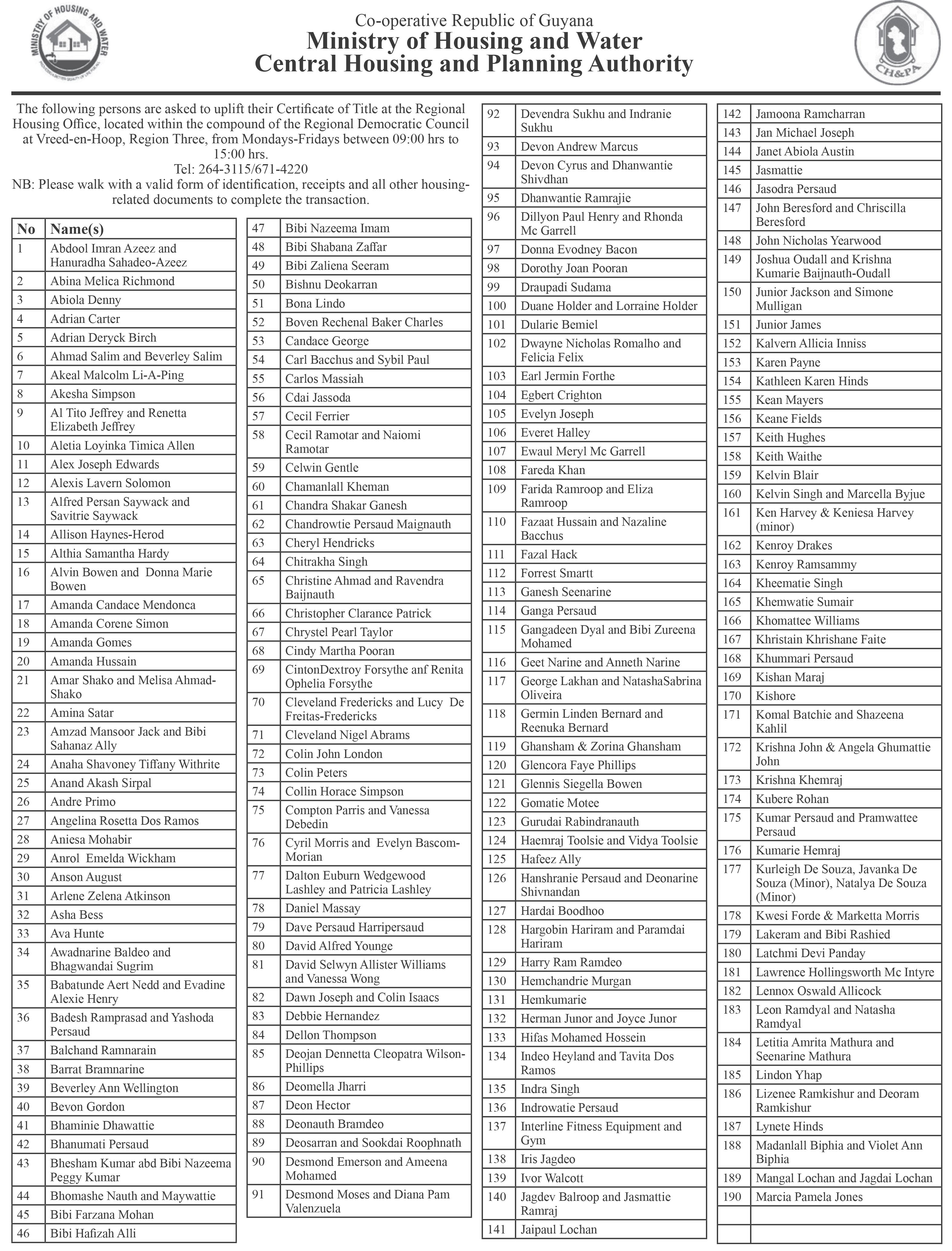
L CHRONICLE PEPPERPOT Sunday, March 19, 2023
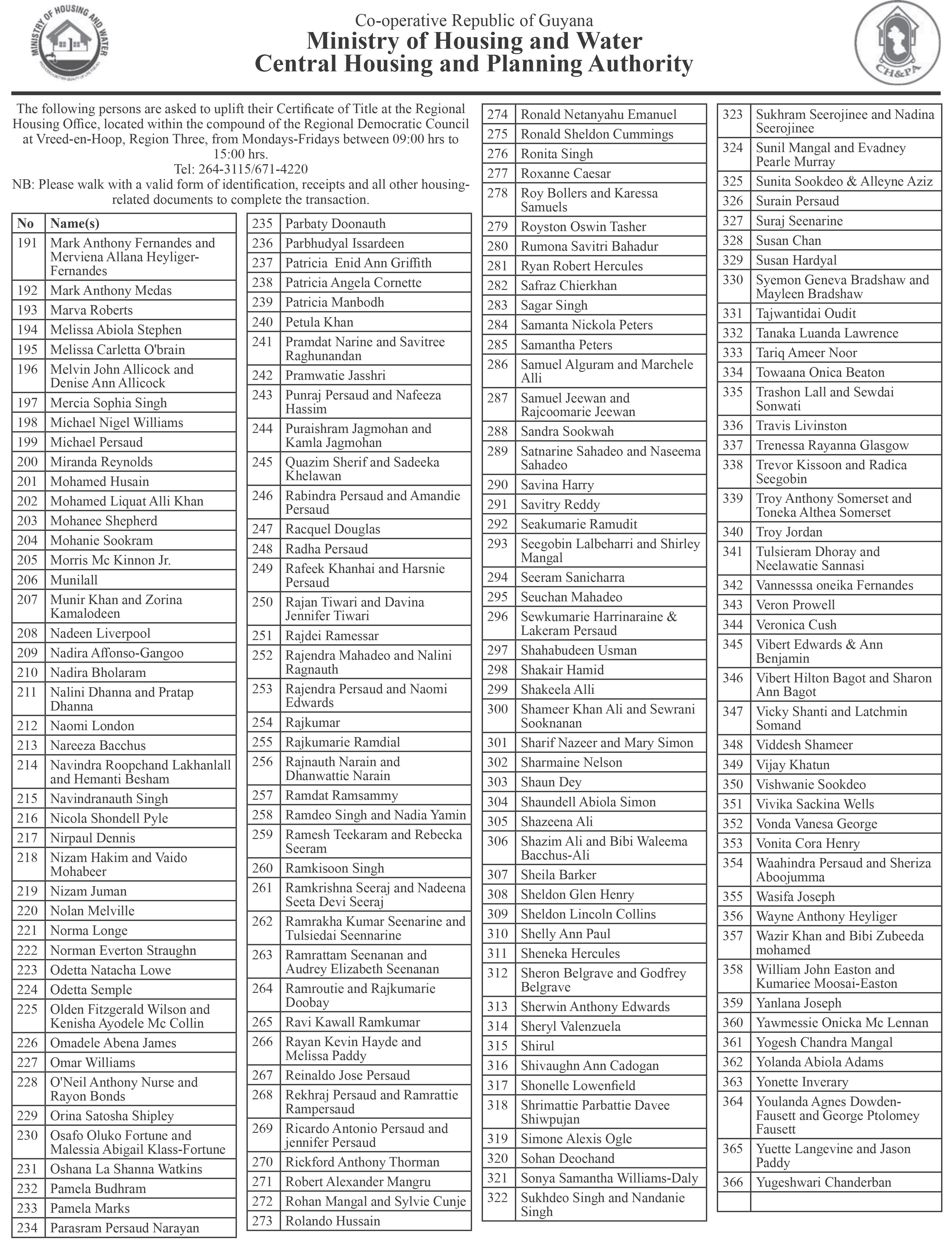
LI CHRONICLE PEPPERPOT ― Sunday, March 19, 2023
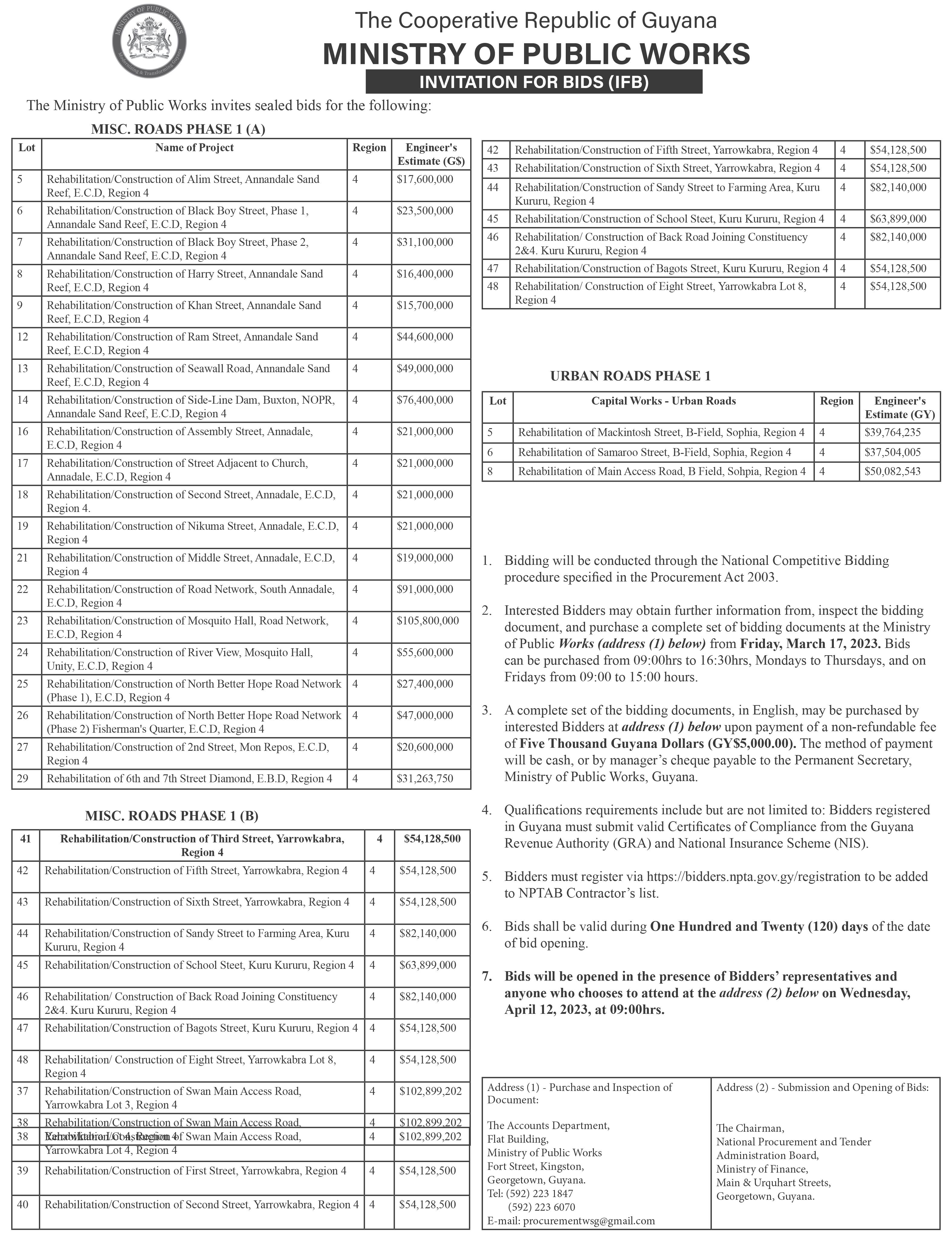
LII CHRONICLE PEPPERPOT Sunday, March 19, 2023
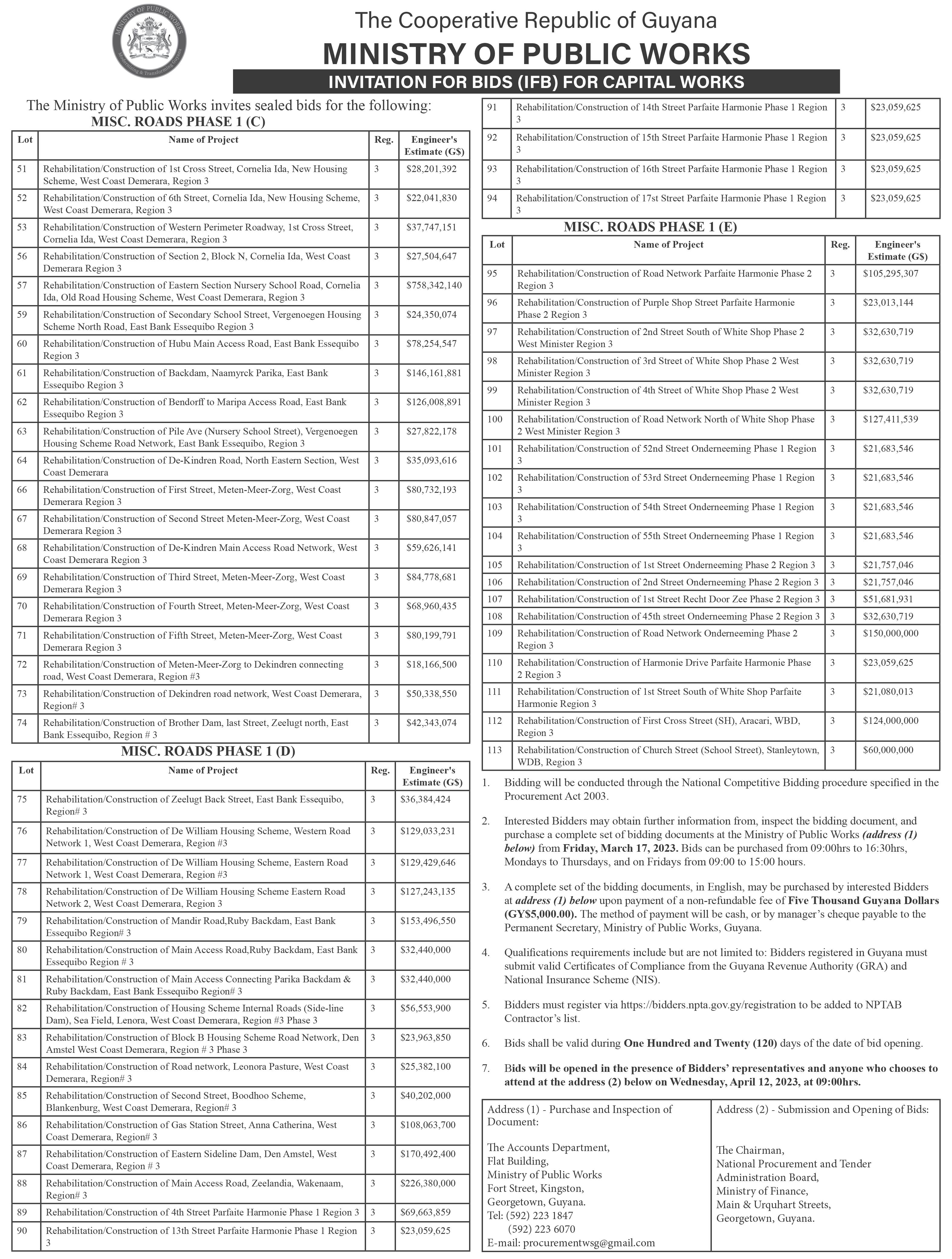
LIII CHRONICLE PEPPERPOT ― Sunday, March 19, 2023
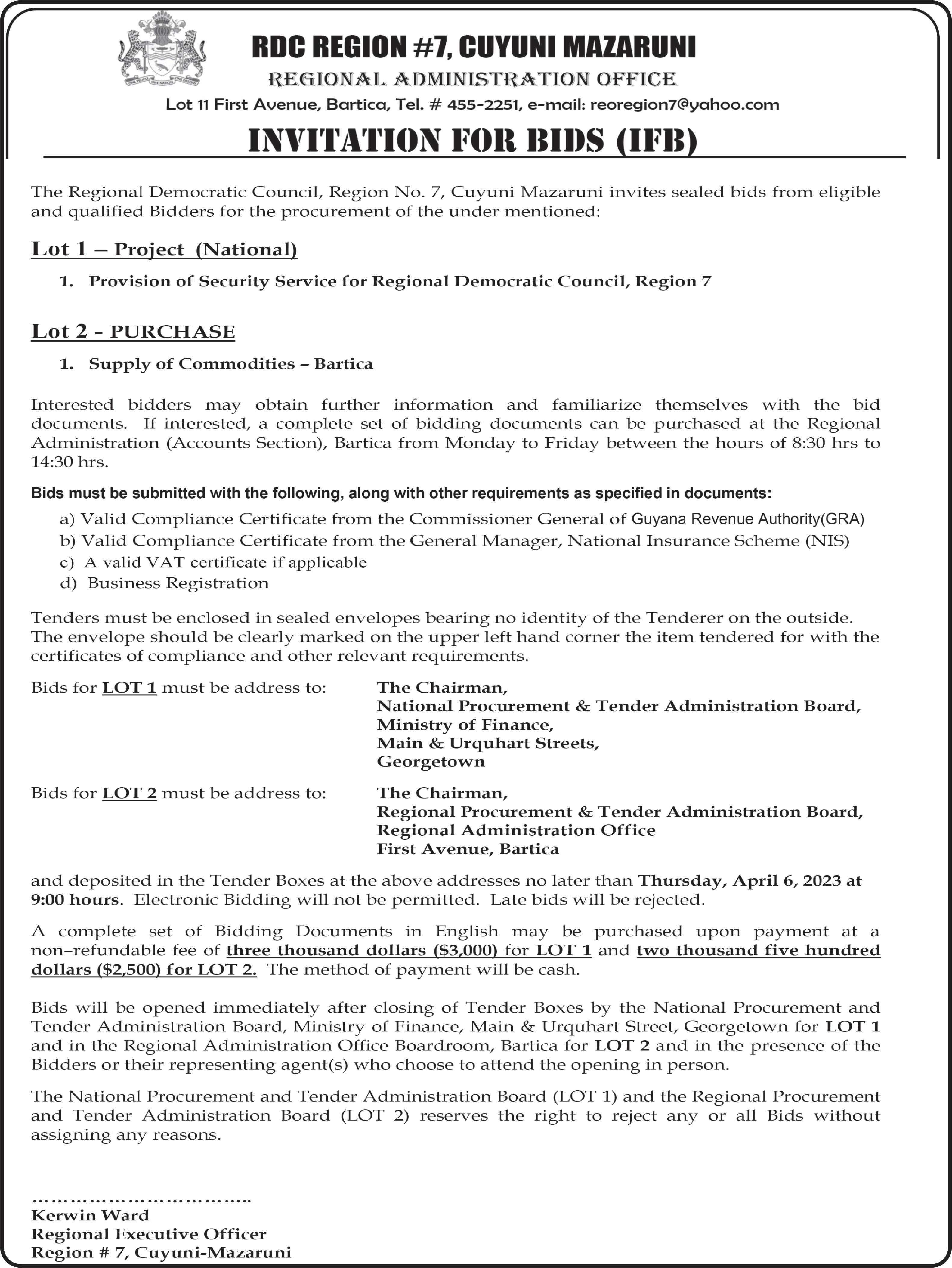
LIV CHRONICLE PEPPERPOT Sunday, March 19, 2023

LV CHRONICLE PEPPERPOT ― Sunday, March 19, 2023
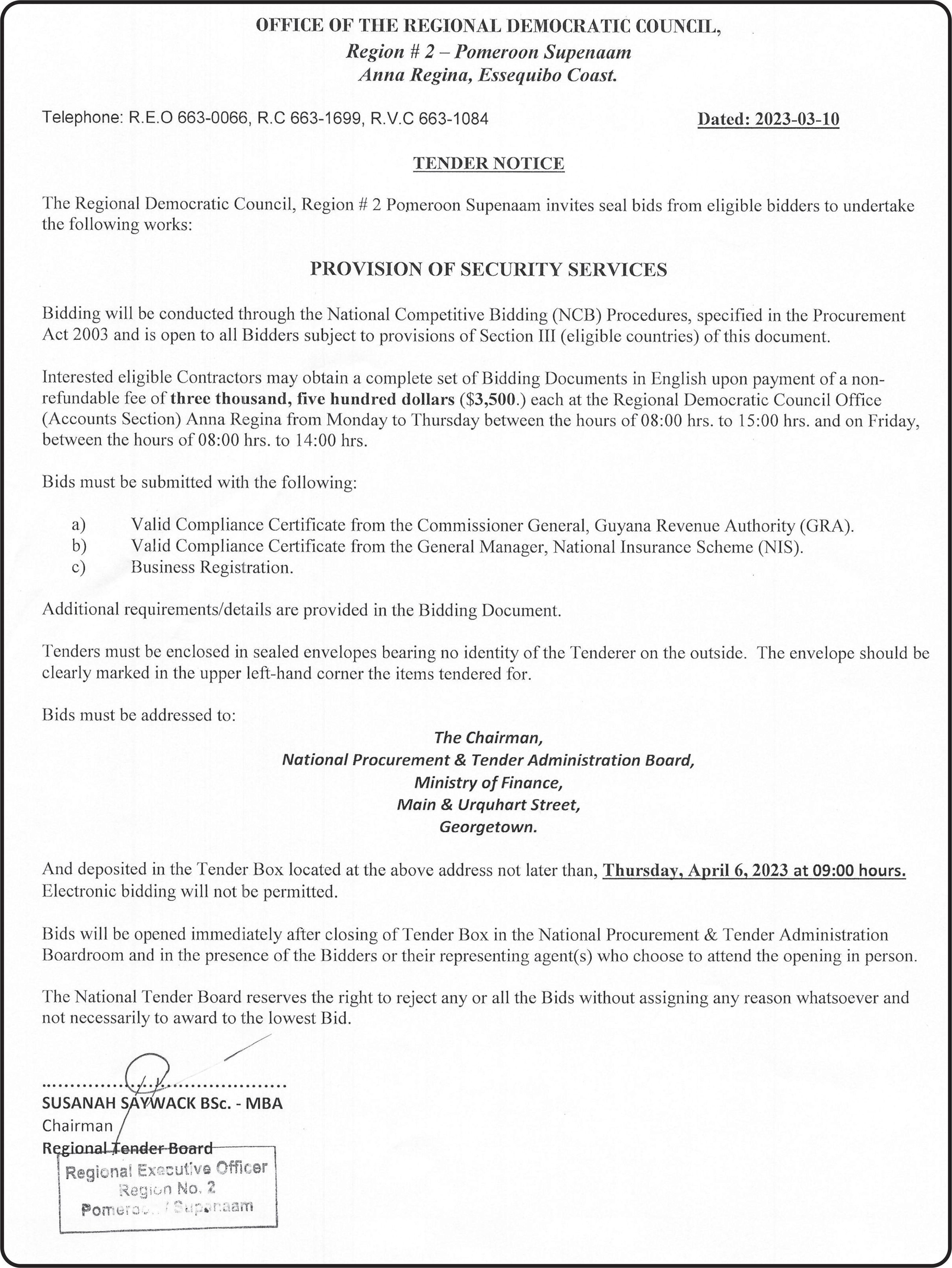
LVI CHRONICLE PEPPERPOT Sunday, March 19, 2023
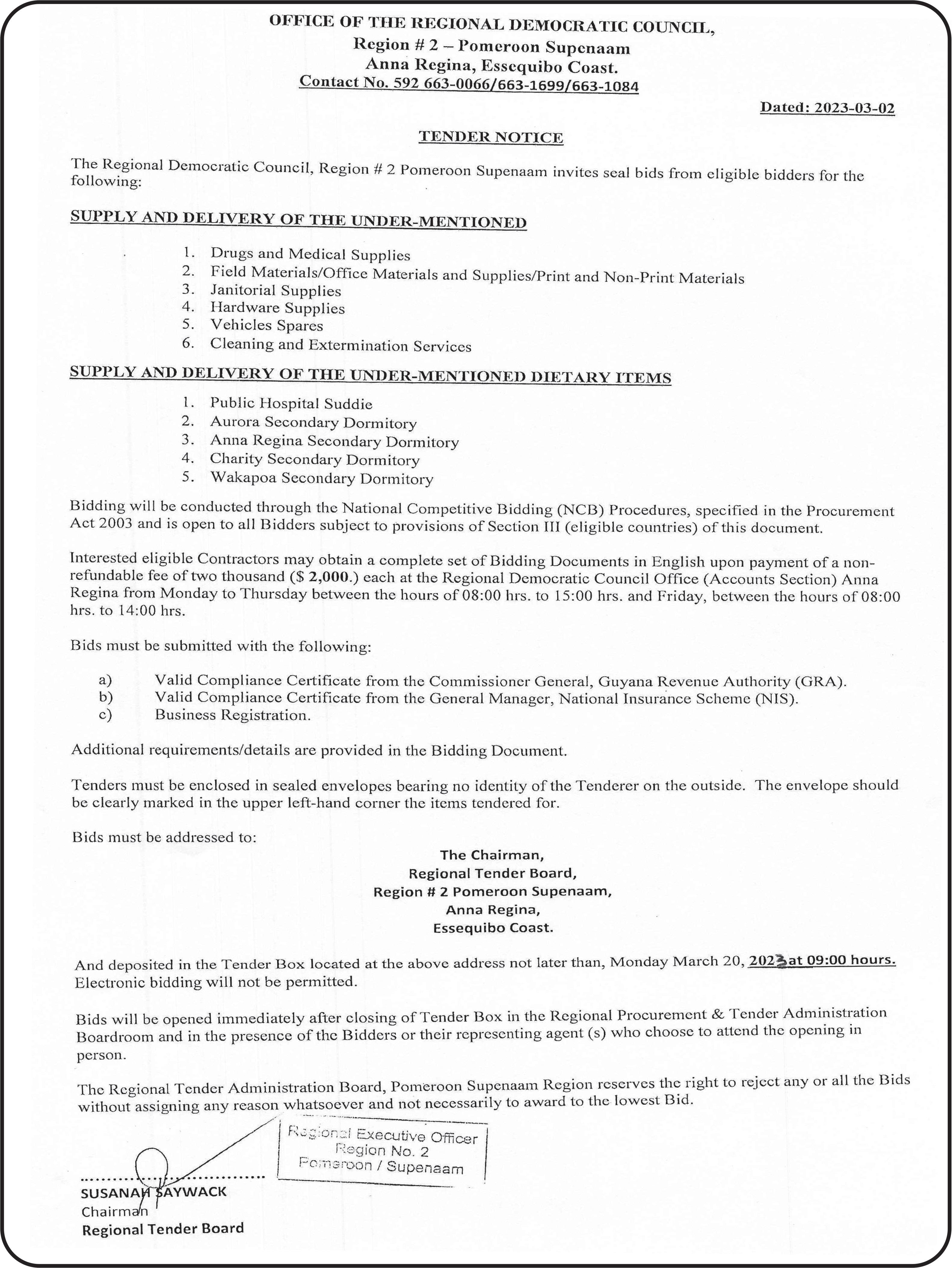
LVII CHRONICLE PEPPERPOT ― Sunday, March 19, 2023

LVIII CHRONICLE PEPPERPOT Sunday, March 19, 2023

LIX CHRONICLE PEPPERPOT ― Sunday, March 19, 2023

LX CHRONICLE PEPPERPOT Sunday, March 19, 2023
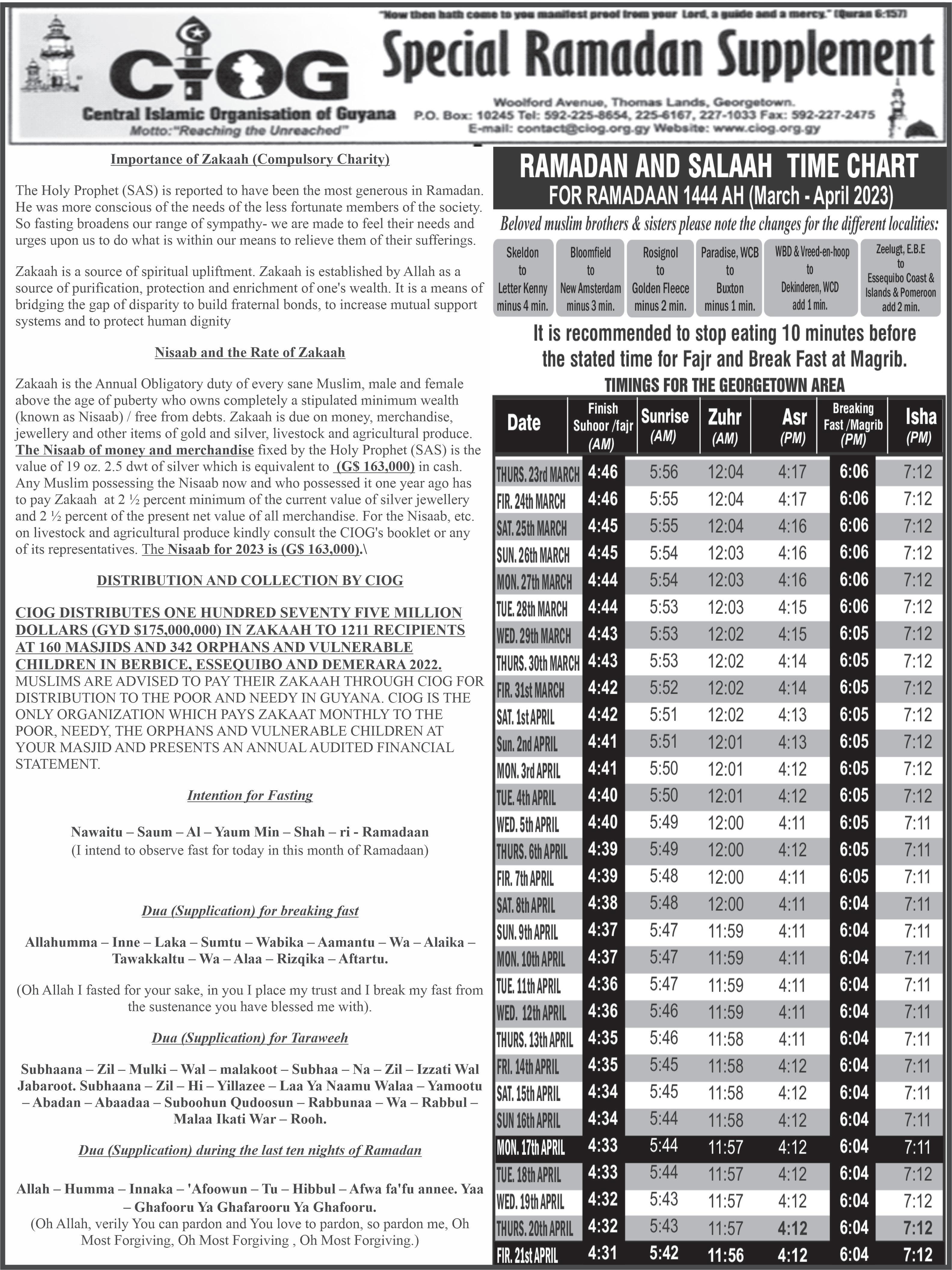
LXI CHRONICLE PEPPERPOT ― Sunday, March 19, 2023
THOUGHT FOR TODAY
From the waterfall he named her, Minnehaha, Laughing Water. HENRY WADWORTH LONGFEL- LOW (1807-1882) Hiawatha and Mudje- keewis
STUDY SUCCESS
Dear Student,
Welcome dear friend.
A successful discussion session depends upon how prepared you are. Know your points, decide on definitions, analyse the problem, and consider likely solutions. Prepare for possible compromise; do so gracefully. Do not hog the discussion. Listen carefully
March 19, 2023
to points proffered and not repeat them unnecessarily. Recognise worthwhile ideas and reject weak or false ones. Avoid arguing. Remain open-minded throughout. If a course of action is to be settled upon, abide by majority decision. Be wise.
Love you.
THE PASSAGE
There is a great deal of poison or pollution in the air we breathe. A great deal comes from the fuel we burn. Motor vehicles burn gasoline which gives off a poisonous gas called carbon monoxide. Some countries have many factories that burn coal. Those factories, beside creating any jobs, also poison the air, rivers, lakes and seas. Coal that is burnt gives off a poisonous gas called sulphur dioxide. Pollution is not good for our health. It is not good for the fishes and all other animals that live in rivers and streams. Carbon monoxide and sulphur dioxide can cause death. Carbon monoxide can also cause people to become drowsy or to suffer from headaches.
The wind and rain help to rid air pollution but cannot get rid of all of it. Sulphur dioxide in the air mixes with water vapour to form an acid which, in many parts of the world, is present in the rain and snow. Acid rain not only pollutes the waterways, but it has begun to destroy many statues in several parts of the world.
Something to Do
1. The passage is mainly about
(A) sulphur dioxide
(B) acid rain (C) carbon monoxide (D) causes and harm of air pollution
2. Much pollution in the air comes from
(A) rain and snow.
(B) fuel we burn. (C) coal some countries mine.
(D) waterways and airways.
3. In what ways are carbon monoxide and sulphur dioxide alike?
(A) Both are emitted from vehicles. (B) Both are found in garbage and garages. (C) Both are poisonous. (D) Both are
produced by animals.
4. Acid rain
(A) is good for our health. (B) helps citrus fruits become acid. (C) may kill fish in waterways. (D) harms wooden fences more than fish.
5. In what way does the wind help keep the air clean?
(A) by blowing in gusts all day (B) by blowing away poisonous gases (C) by blowing toward factories (D) by blowing on roadways
6. Make a summary of this passage.
IMPROVING PUNCTUATION
Accurate use of the apostrophe (’)
Of the proper use of punctuation marks, one authority stated that their user in written language must be able to halt words, slow their pace by pauses, allow people’s remarks and speeches to be introduced and concluded, engineer interruptions, give emphatic gestures, and suggest queries and mysteries by them.


Today we deal with some uses of the apostrophe (’).
1. (Singular nouns). Use the apostrophe to signal the possessive case of a singular noun. Do not add any letters; do not drop any. Then add an apostrophe and s (’s).
Examples: nurse/a nurse’s cap; child/ the child’s speech; clown/the clown’s costume; Ms. Byrnes/Ms. Byrnes’s corsage
Singular personal nouns sometimes cause trouble. Some authorities favour adding only an apostrophe if the noun itself ends with an s. Following that rule works well enough in written material; in spoken language, however, unless the s is added, one cannot always be sure what the name is. Examples: Mr. Walter/Mr. Walter’s nephew; Mr. Walters/ Mr. Walters’ nephew. Then, when you speak you must say Mr. Walters’s nephew.
2. (Plural nouns). To form the possessive case of a plural noun, first write the plural noun. Do not add any letters; do not drop any. If the plural form ends in s, add only an apostrophe. If the plural form does not end in s, add an apostrophe and s (’s). Examples: (i) (a) Plural form not ending in s: gentlemen/gentlemen’s washrooms; (b) Plural form ending in s: boys/boys’ trousers.
(ii) Multiple noun possessives - joint ownership: Add the apostrophe to the last noun – Browne and Stephenson/ Browne and Stephenson’s Enterprises.
(iii) Compound noun possessives and else. Add the apostrophe to the last word – sister-in-law/ sister-in-law’s properties; someone else’s shoes.
(iv) Pronouns and adjectives. No one should ever use an apostrophe with possessive adjectives and possessive pronouns. They are already in the possessive! Example: Mom, is this our family’s new house? Yes, it is ours.
(v) Look at it’s. It’s means it is. You must not use an apostrophe with the possessive pronoun or the possessive adjective.
Example: The cat returned home with its newborn kittens.
3. (Contractions). Use the apostrophe to mark contractions.
Examples: haven’t; I’m; five o’clock; the Christmas of ’22.
[Look out for four more aspects to the use of the apostrophe in our next issue.]
Something to Do
Read each sentence. Then, using the possessive of each word in brackets () supply other needed apostrophes.
1. Because (John) grandmother is ill, the book club postponed its meeting billed for today.
2. I asked (Sandra) permission to borrow her (mother) flowering plant pots.
3. The beginning wont matter much, but the end is important. Do try to attend.
4. The Holmeses have a new lawn mower. The (Dawson) mower is old.
LXII CHRONICLE PEPPERPOT Sunday, March 19, 2023
Unconventional oral care
DENTAL caries, commonly known as tooth decay and gum disease, determine a person’s oral health level. Unfortunately, such diseases are so common that every adult in the world eventually has one or both. The countries with the best oral health are the United States, Denmark, and Canada. Those countries whose populations have the worst mouths are Poland, Columbia, and Australia. Because these conditions are so common, they are considered a real public health problem, especially because lawmakers and politicians globally do not consider them to be vital.

Why is it that even though in most of the countries in the Middle East, there is no significant water fluoridation or comprehensive preventive programme, yet the populations enjoy relatively good oral health? The answer to that question involves a practice that most of the world probably considers being primitive.
Surprisingly, instead of focusing on and knowing the real causes of these two diseases (which are simply dirt and diet) and instead of directing all the efforts to invent and encourage the use of effective tools to prevent and control these two diseases effectively, the profession has fallen in treatment which consumes too much time, effort and money.

Chewing sticks are commonly used in Jordan, Saudi Arabia, and the United Arab Emirates for oral hygiene and religious and social purposes. The Ancient Egyptians were concerned about dental hygiene. We know this today because they also had a habit of being entombed with their treasures. So we were able to discover that tombs from 3000 years before Christ contain small tree twigs whose ends had been frayed into soft fibres.
Here at home, some years ago, especially in rural areas the chew stick was popular. Black sage and neem stalks were commonly used to clean one’s teeth.
It has been determined that chewsticks from thirteen different plants contain substances that possess antibacterial properties and have astringent, detergent, and abrasive properties. These properties have encouraged some toothpaste laboratories to incorporate powered stems and/or root material in their products. The chemical constituents of Salvadora Persica, for example, include trimethylamine, alkaloids, chlorides, high amounts of fluoride and silica, sulfur, vitamin C, and small amounts of tannin, saponins, flavonoids, and sterols.
The most studied chew sticks are the Miswak, Fagara Zanthoxyloides, Serindea wernikei, Neem, Paku, and Acacia Arabica. The research was conducted mainly in Nigeria where 90 percent of the population uses chew sticks. Here in Guyana, we could use neem, cinnamon, lime, or black sage.
Recently, the World Health Organization (WHO) has recommended and encouraged using these sticks as an effective tool for oral hygiene. The experts confirmed that the toothbrush is not superior to the chew stick as regards its capacity to remove dental plaque.
The use of the chew sticks is entirely consistent with the Primary Health Care Approach (PHCA) principles, particularly that of a focus on prevention and community participation technology. By using it, the notion of self-reliance can be encouraged and implemented in developing countries where it is available locally and does not need technology or expertise, or extra resources to manufacture it. Both children and adults can use it, thus it is appropriate for all societies. The use of chew sticks is catching on in industrialized countries. For example, it is quite common in pharmacies in the United States. You can easily buy a pound packet of peppermint-flavoured African/Jamaican chewsticks.
LXIII CHRONICLE PEPPERPOT ― Sunday, March 19, 2023

LXIV CHRONICLE PEPPERPOT Sunday, March 19, 2023

































 By Michel Outridge
By Michel Outridge






 By Michel Outridge
By Michel Outridge






 By Michel Outridge
By Michel Outridge



































































































































